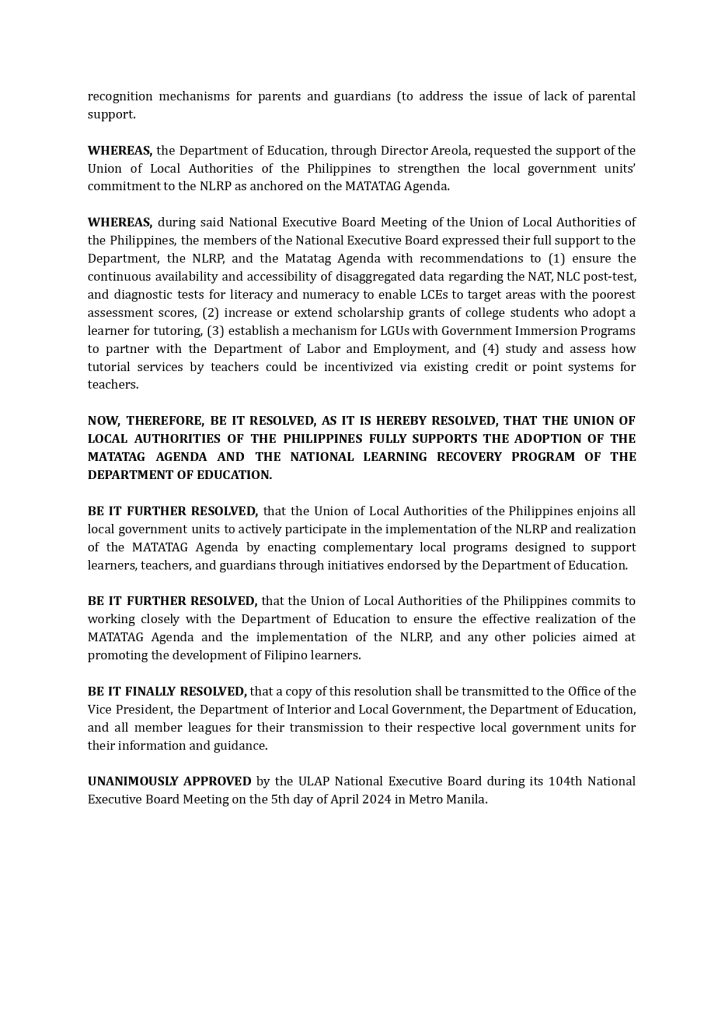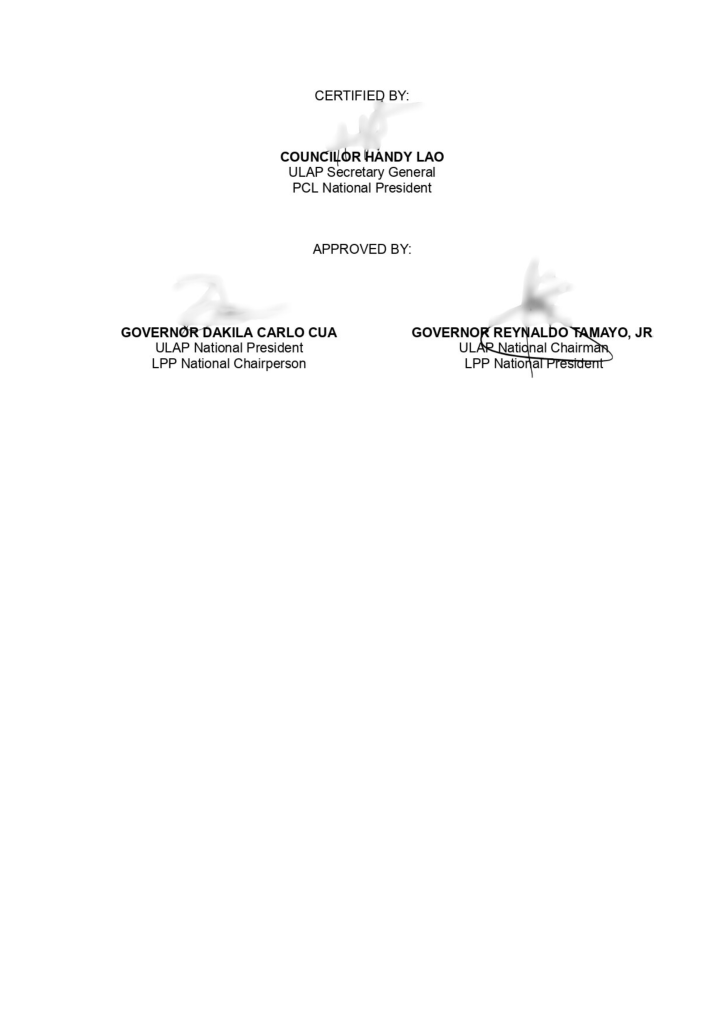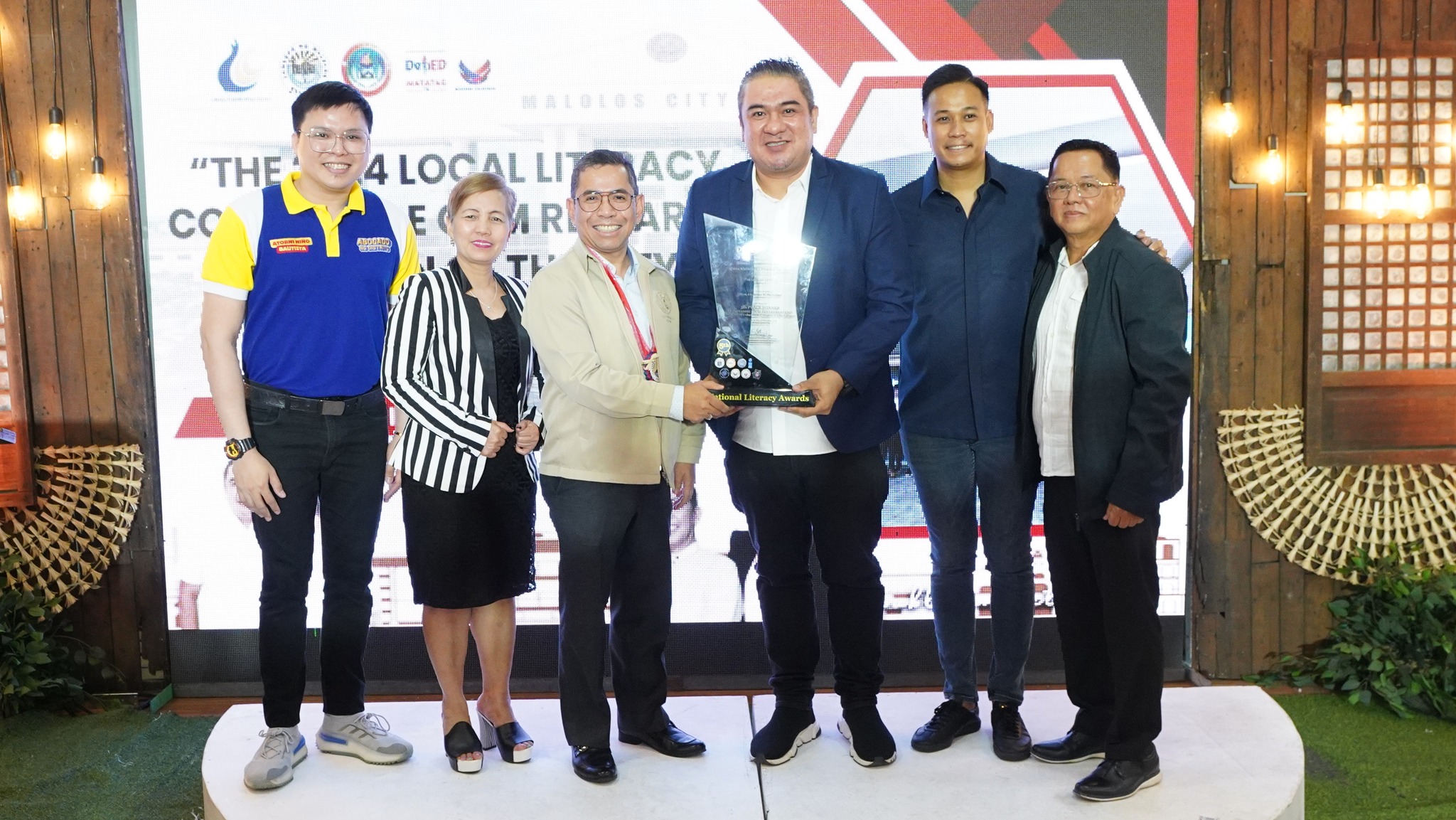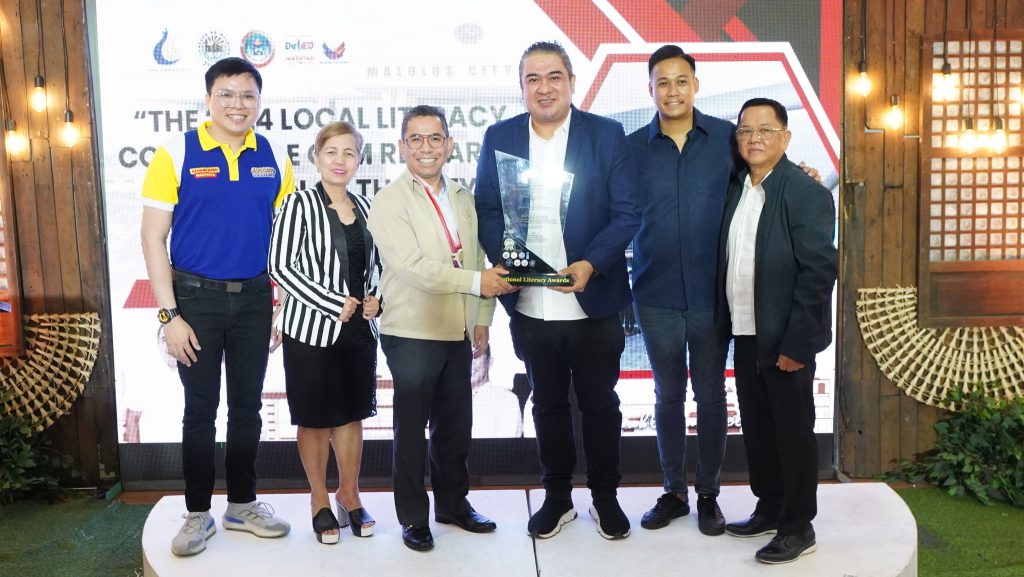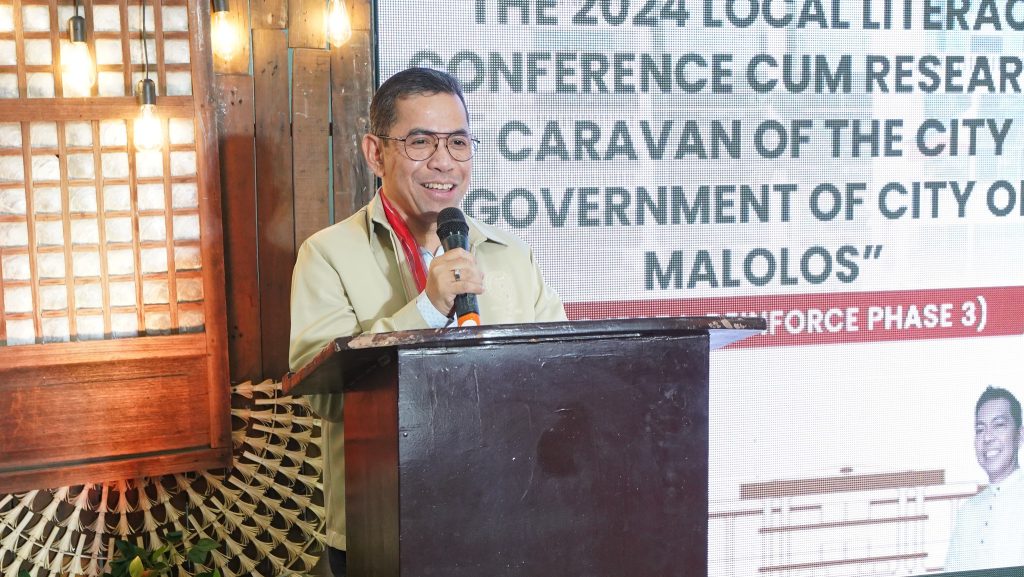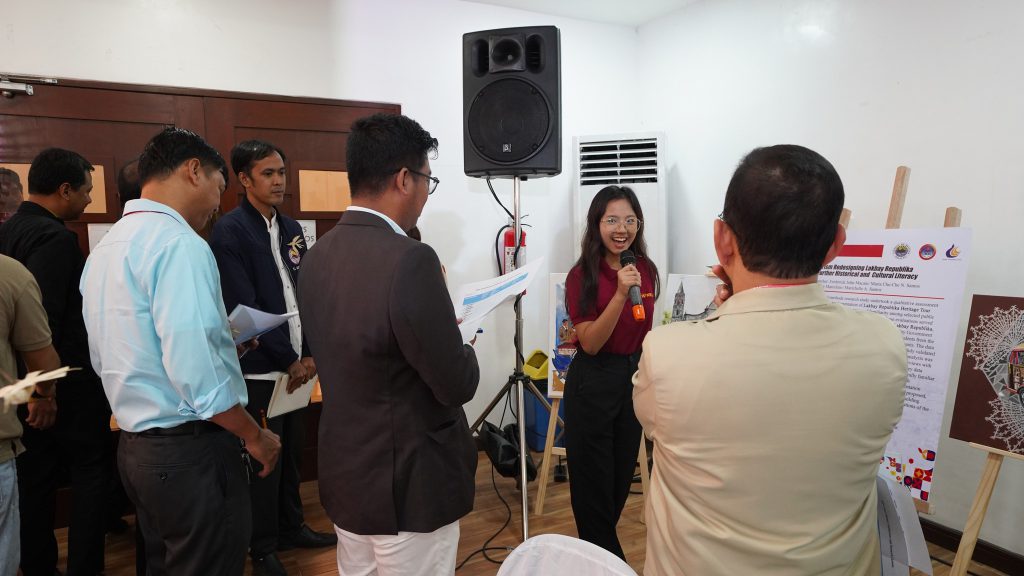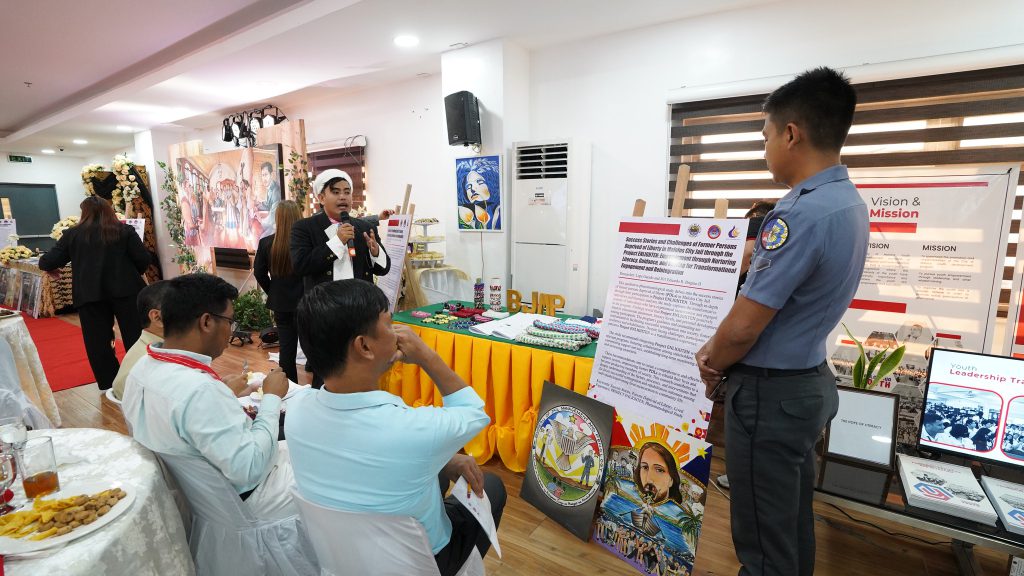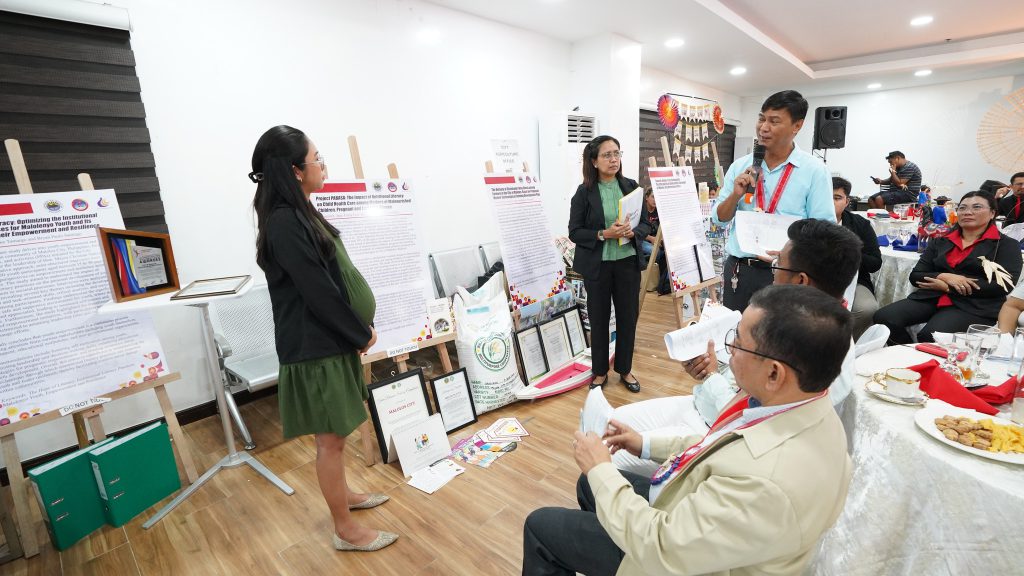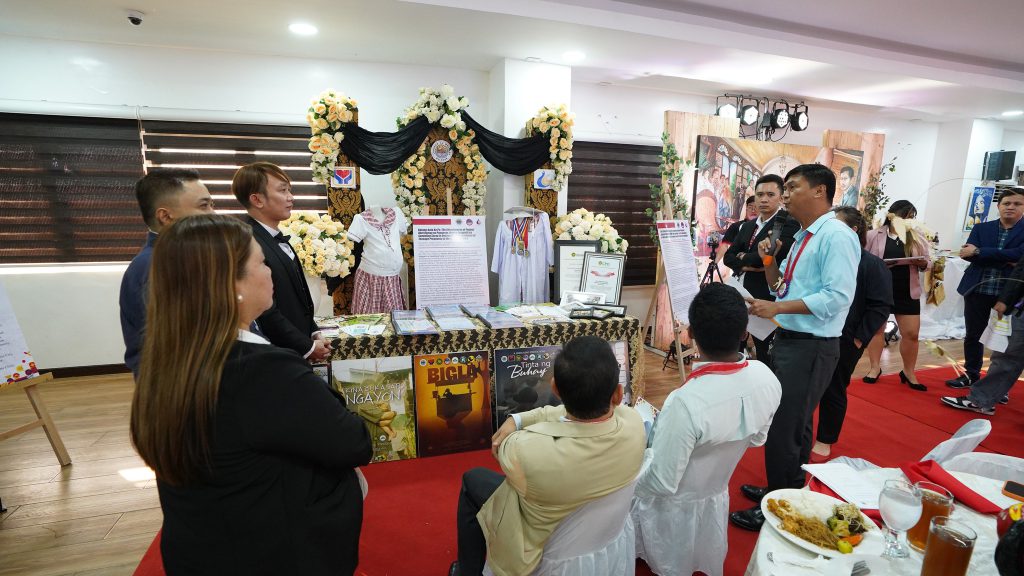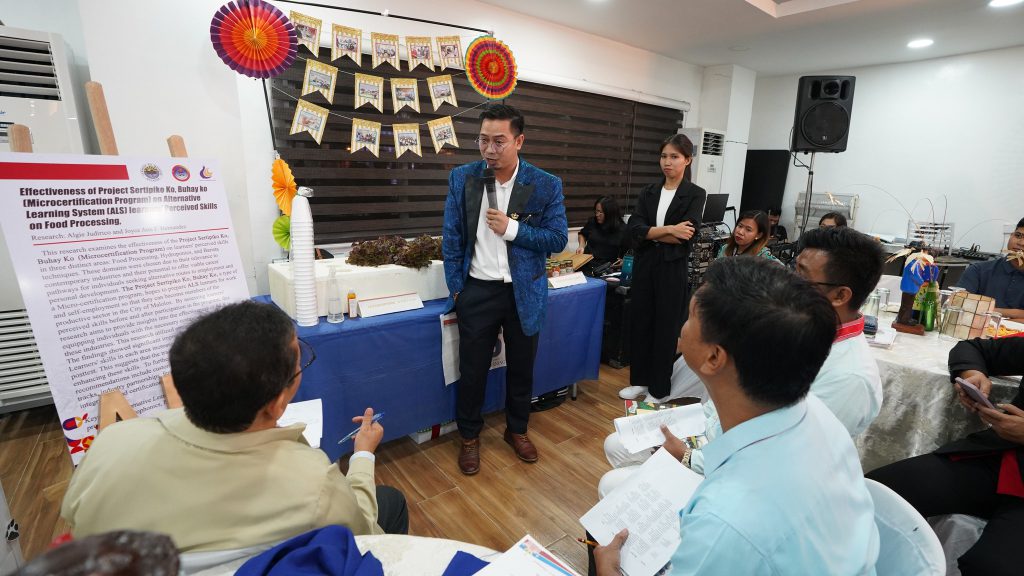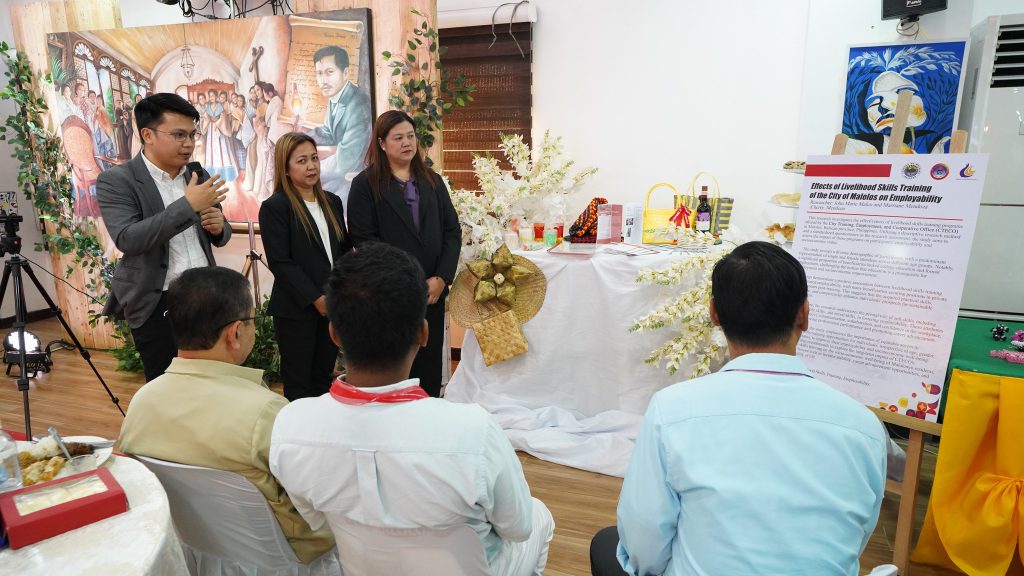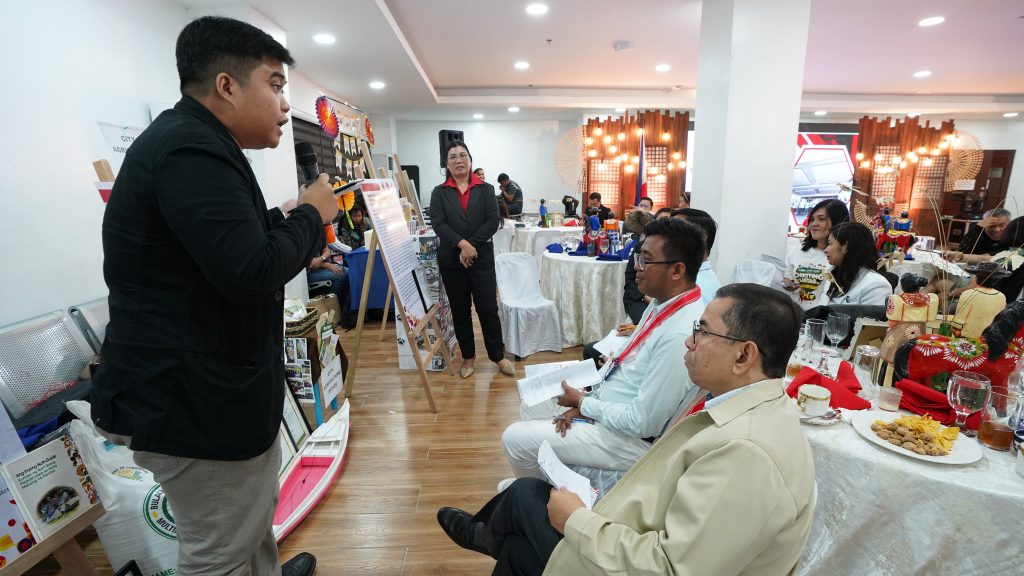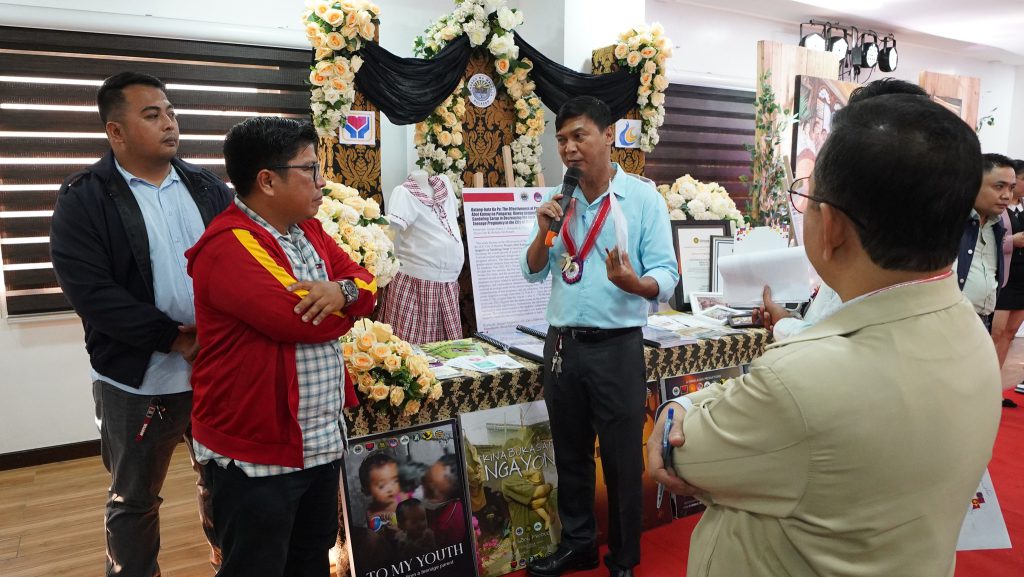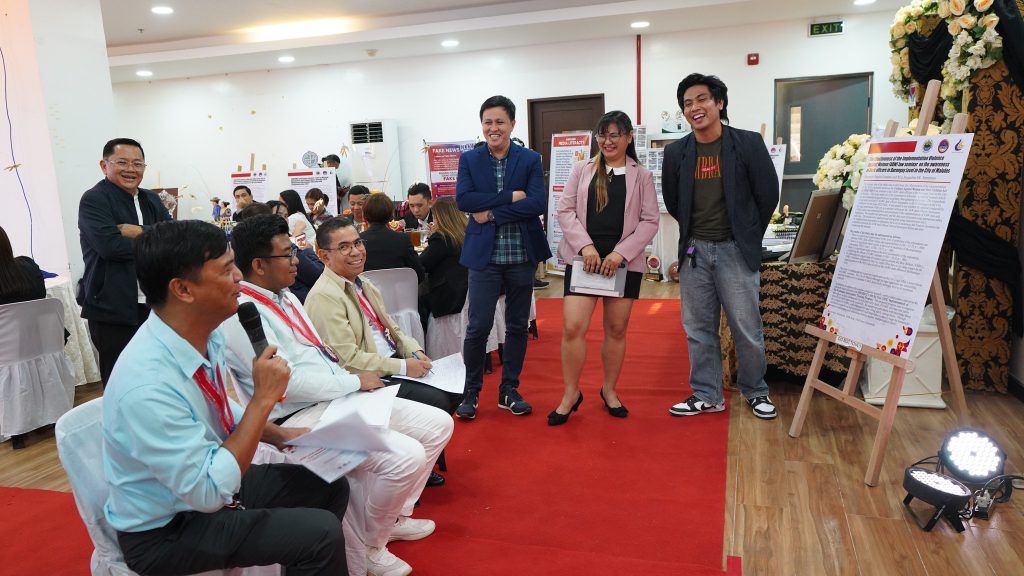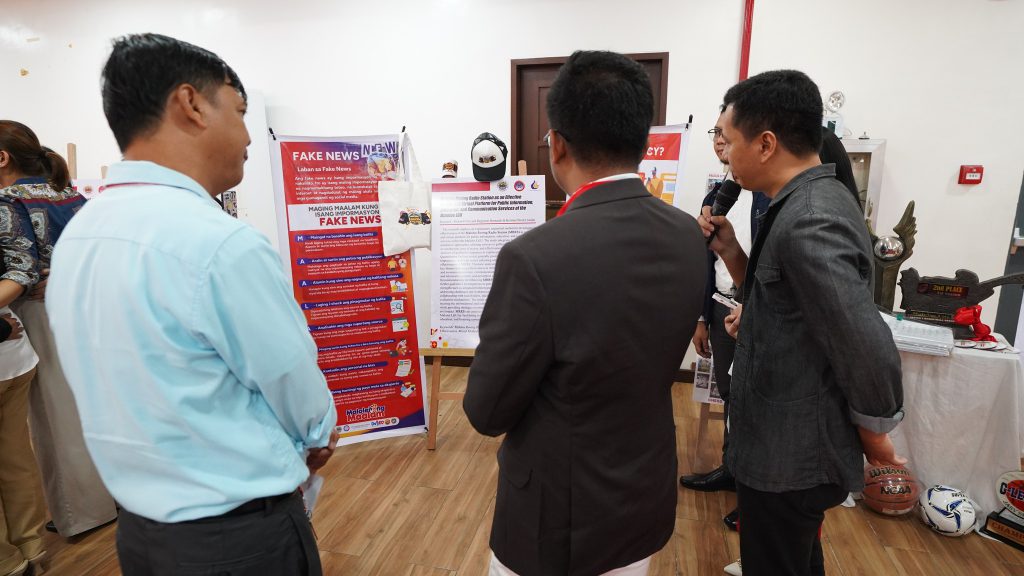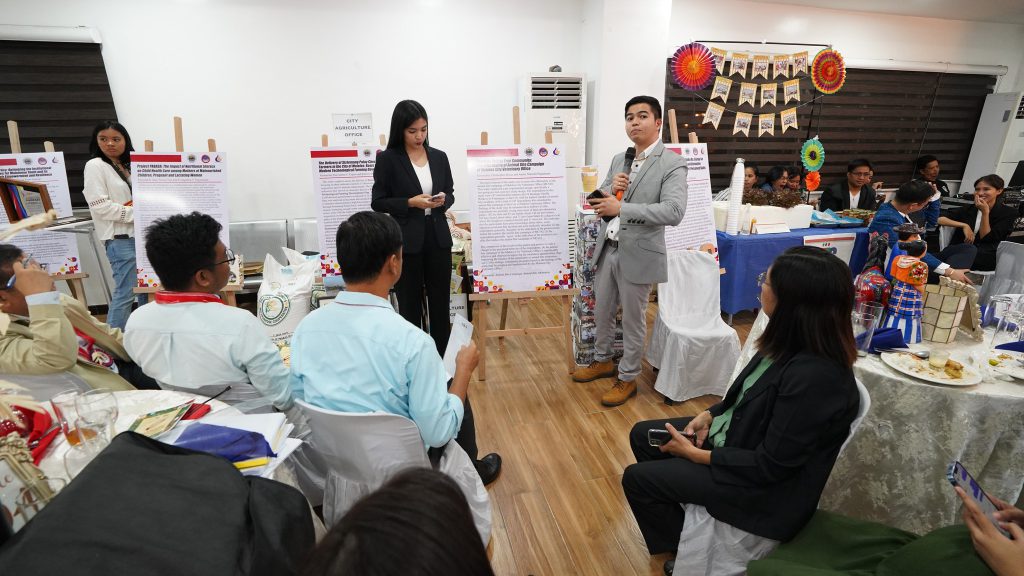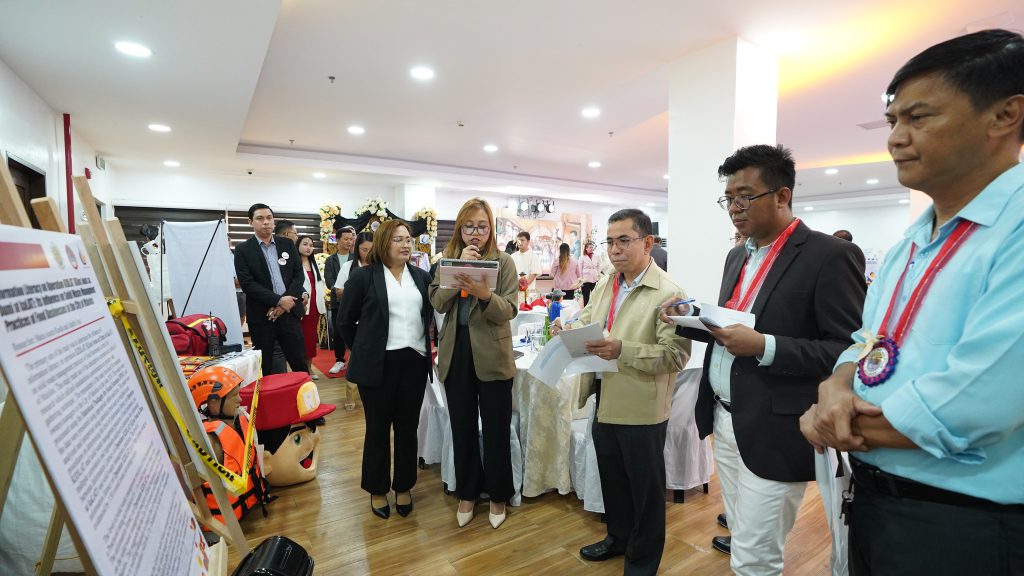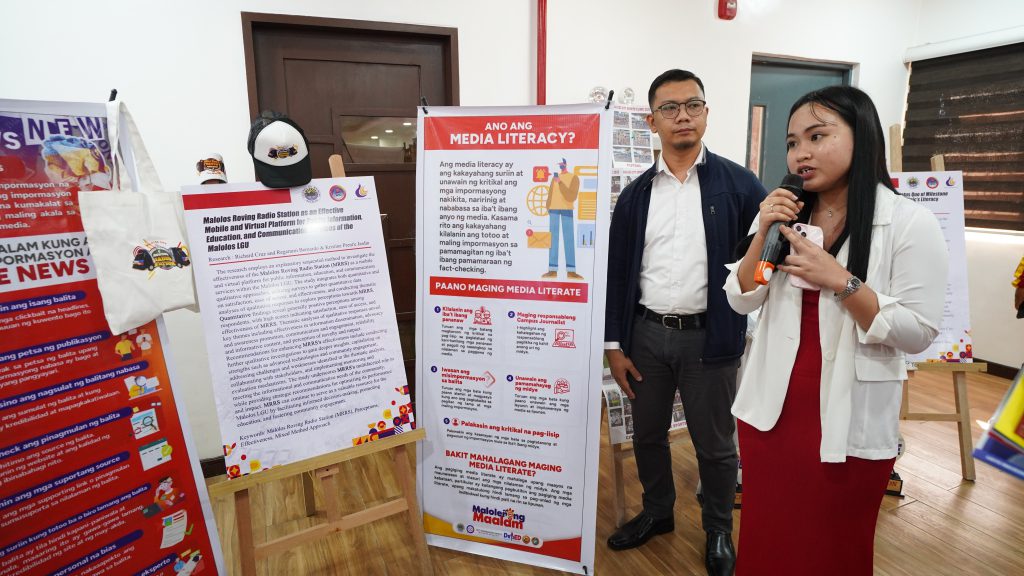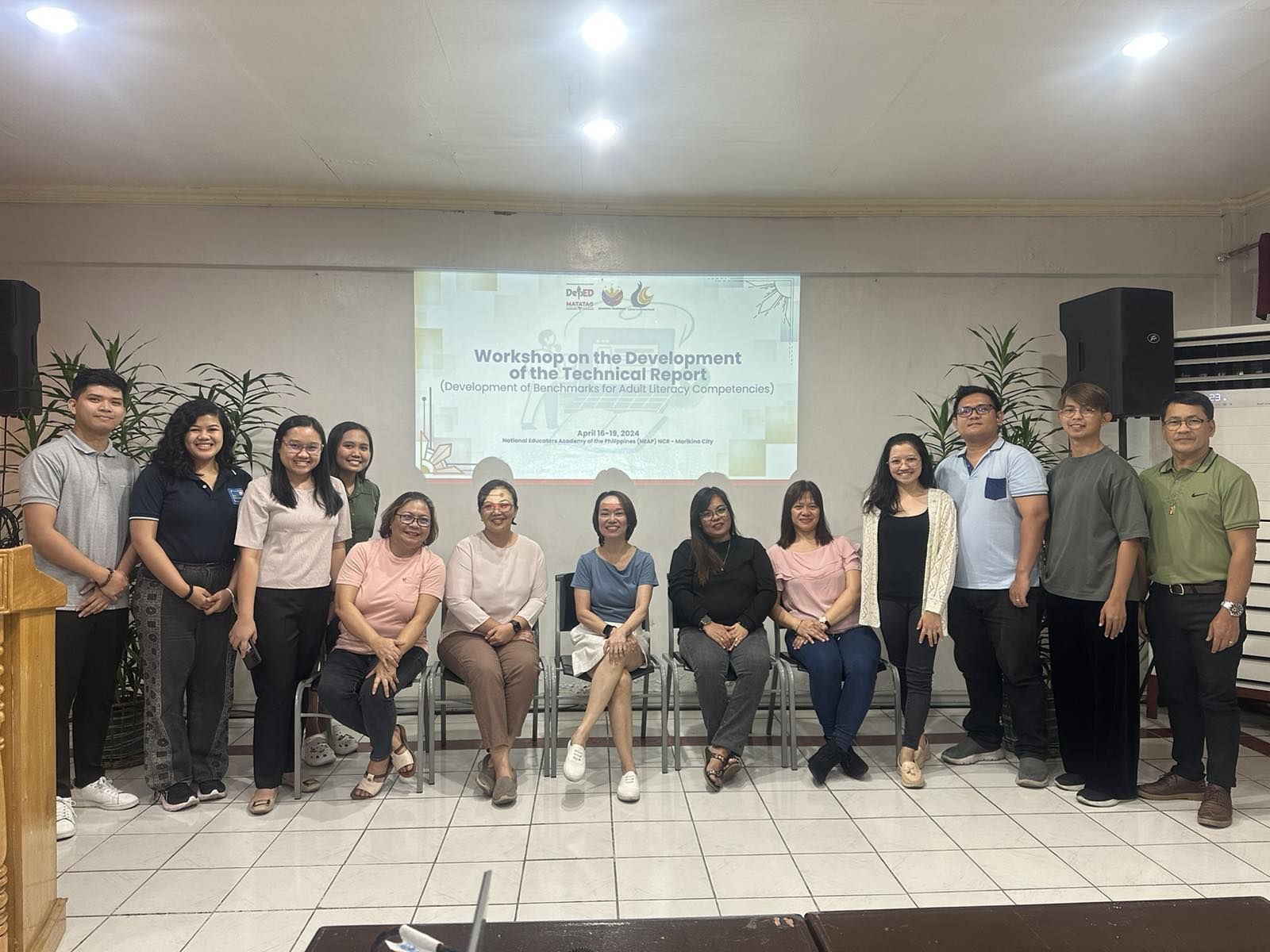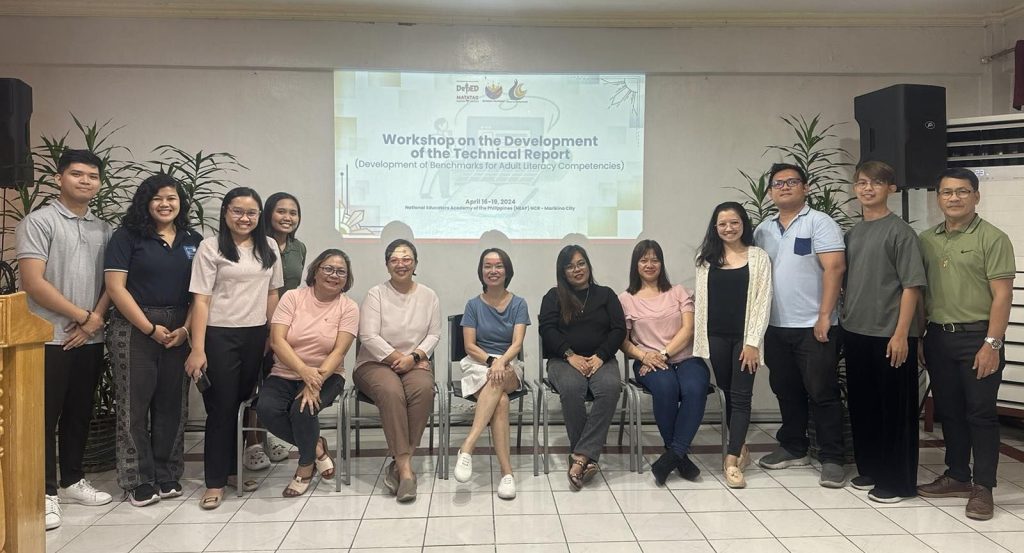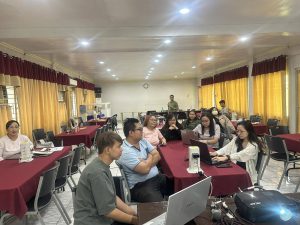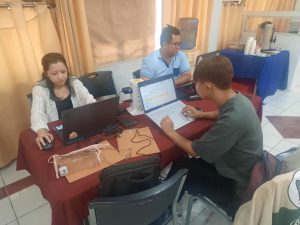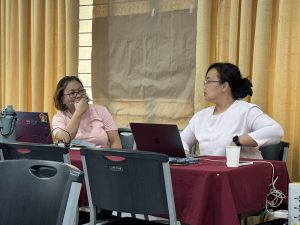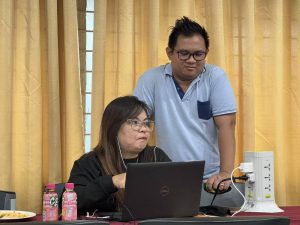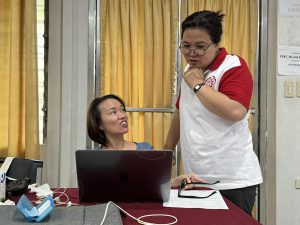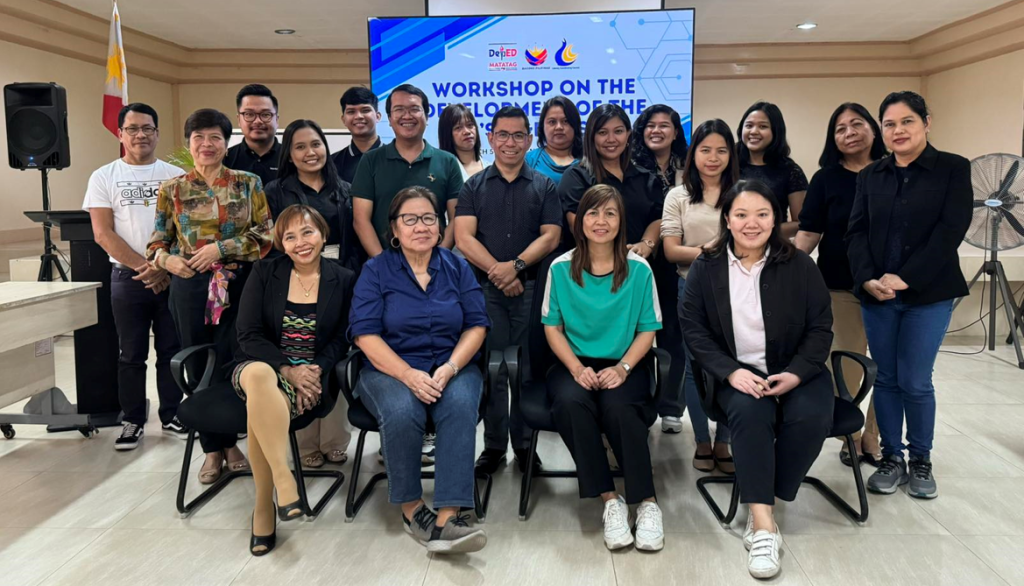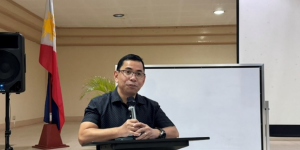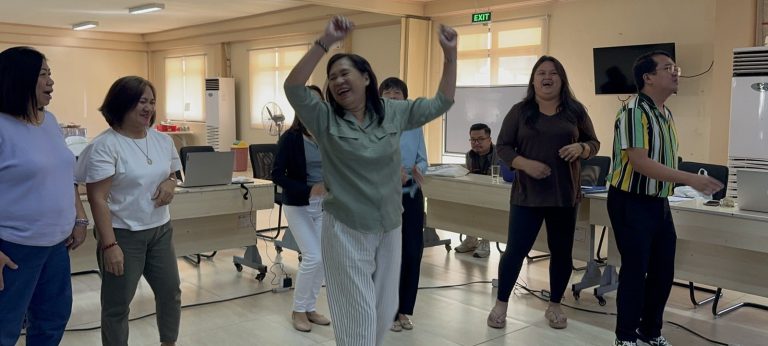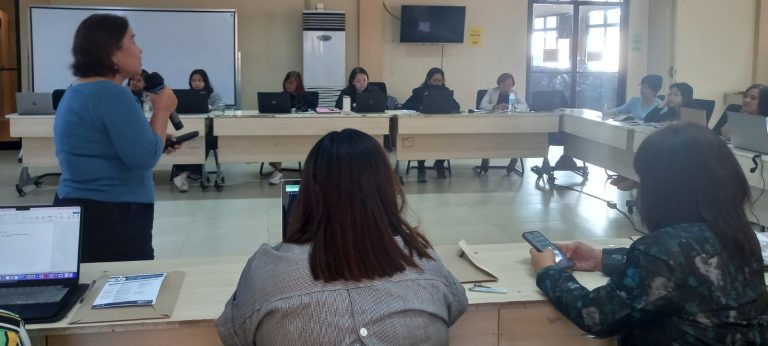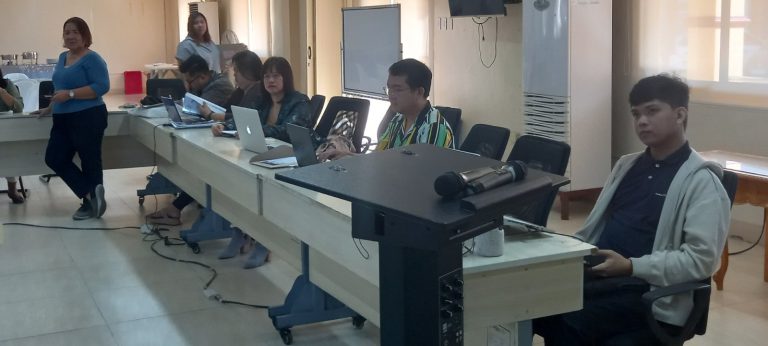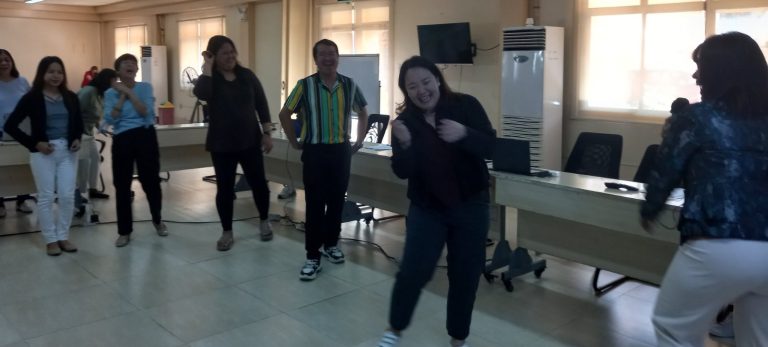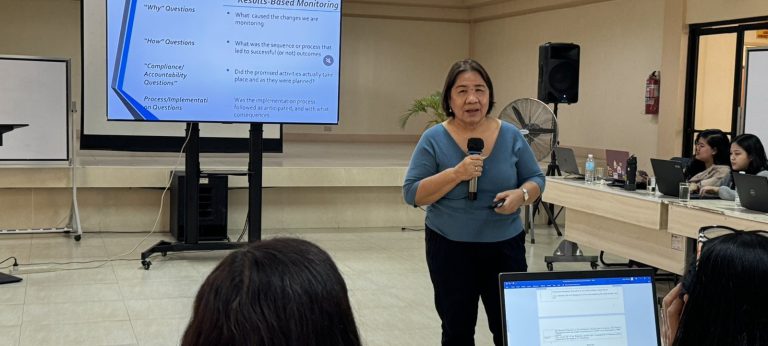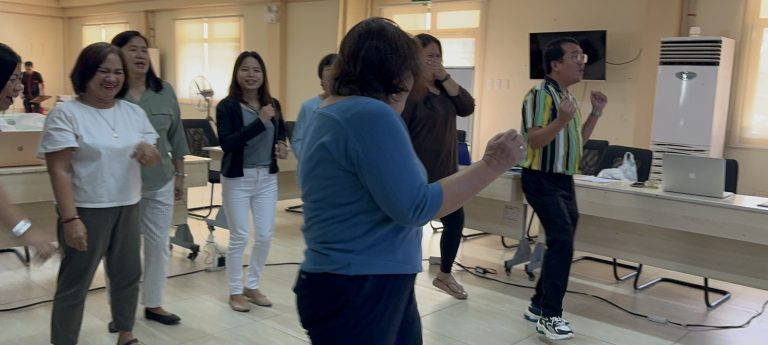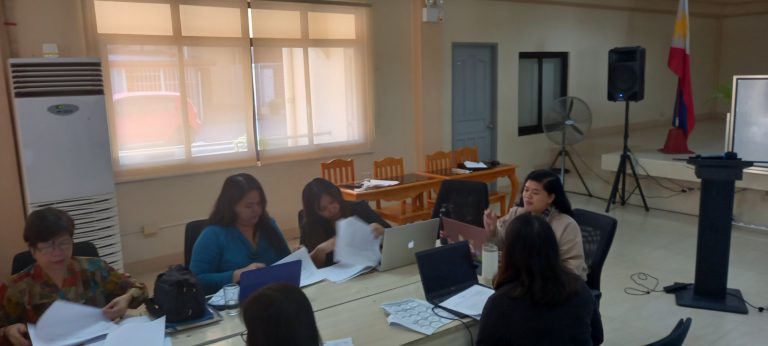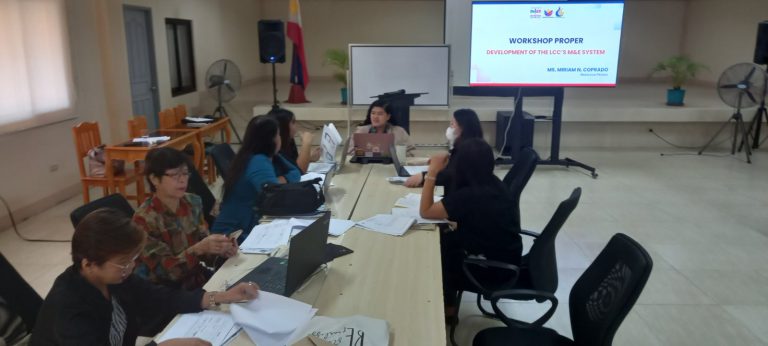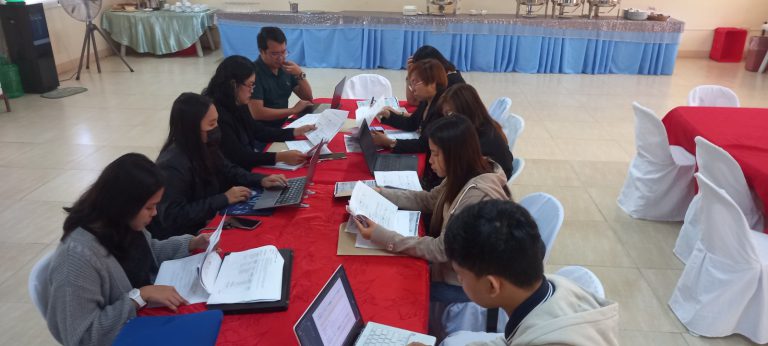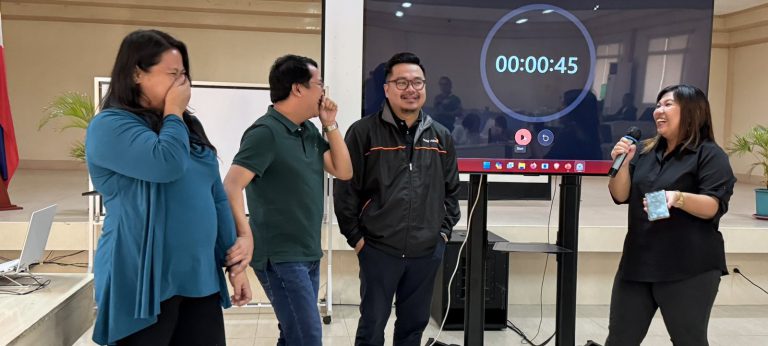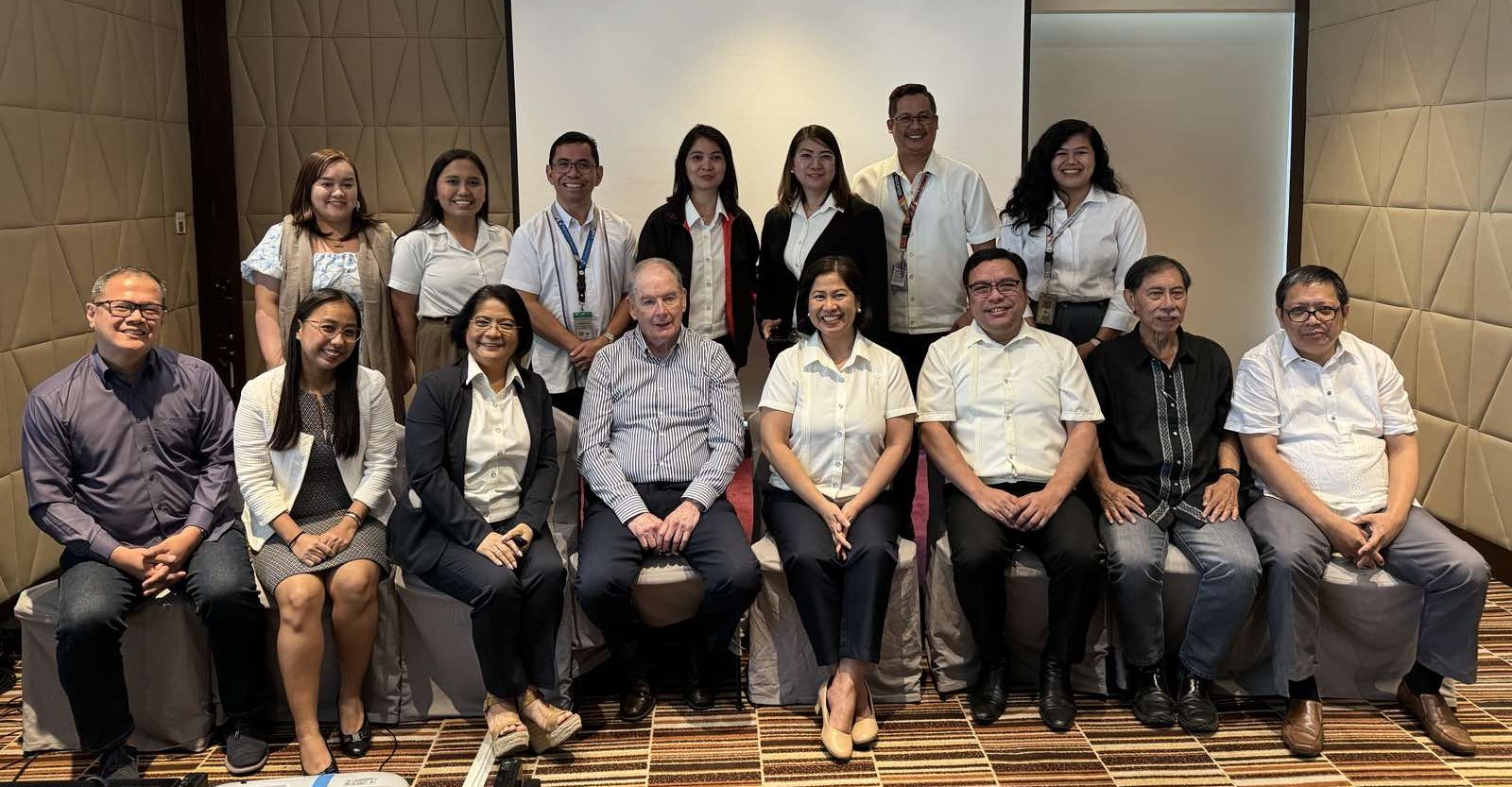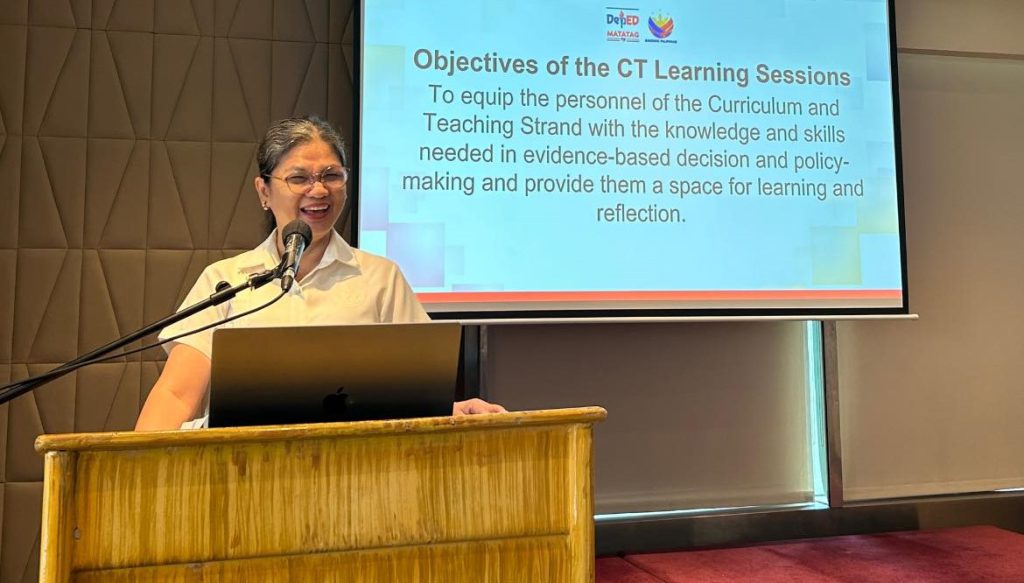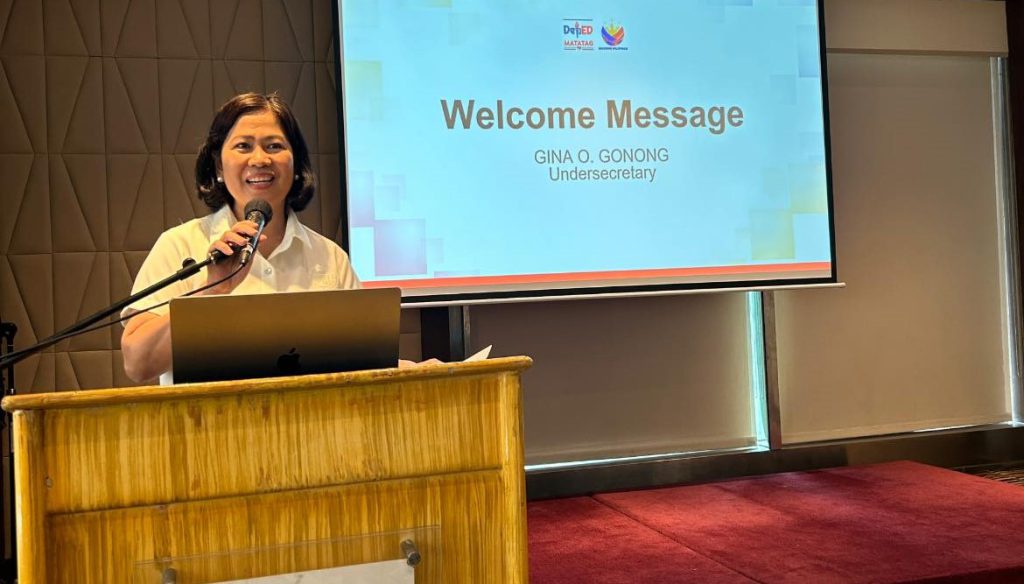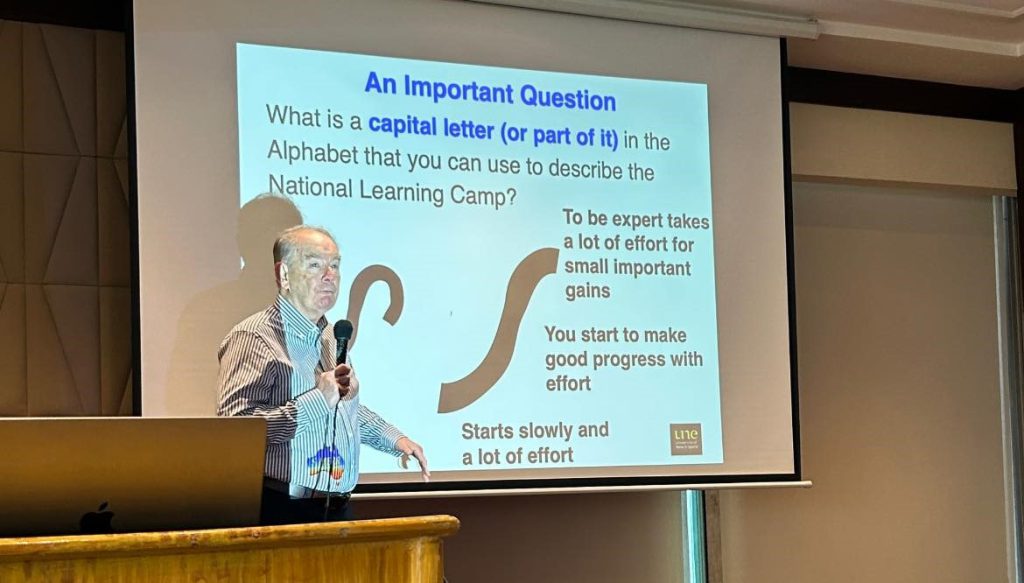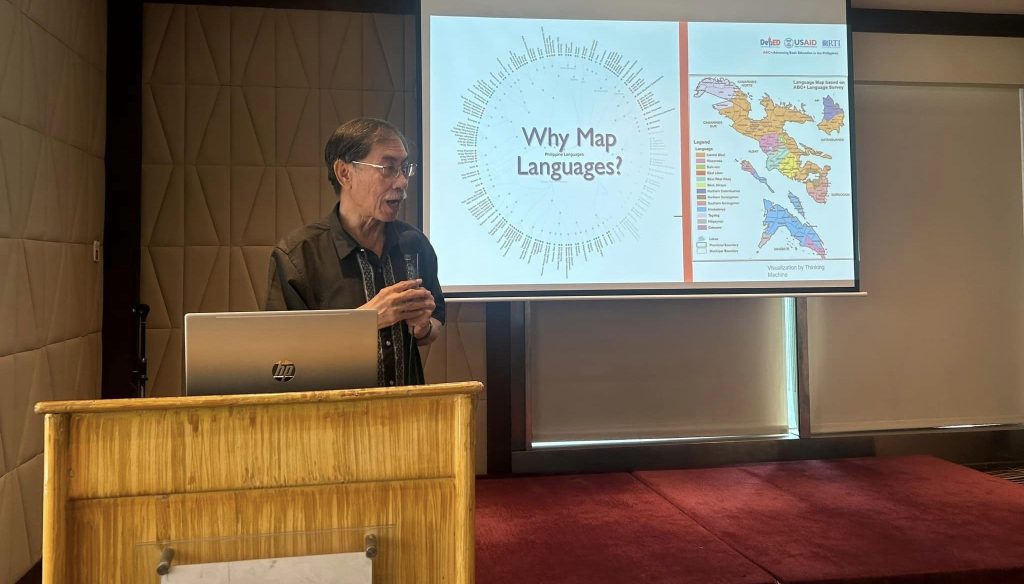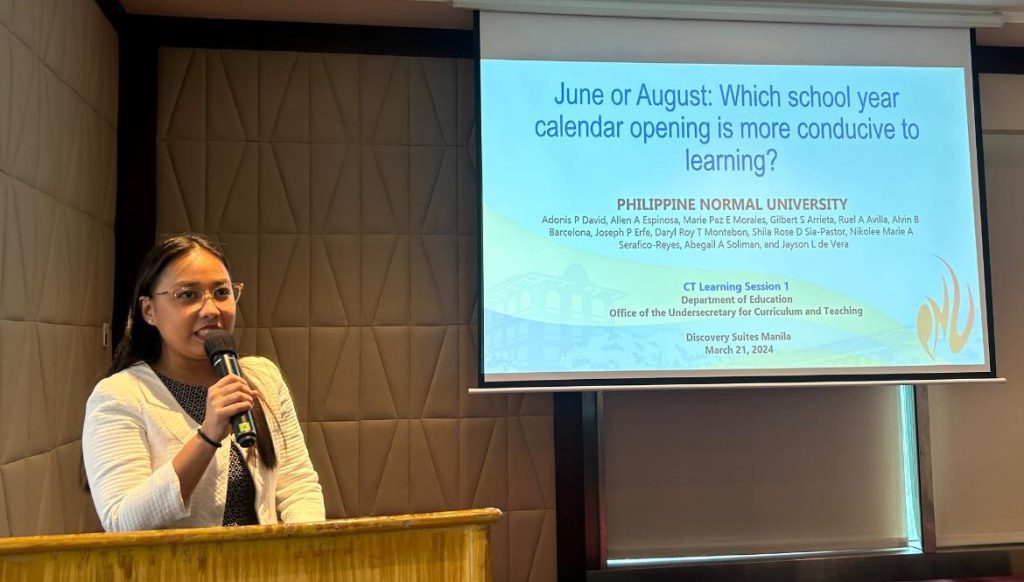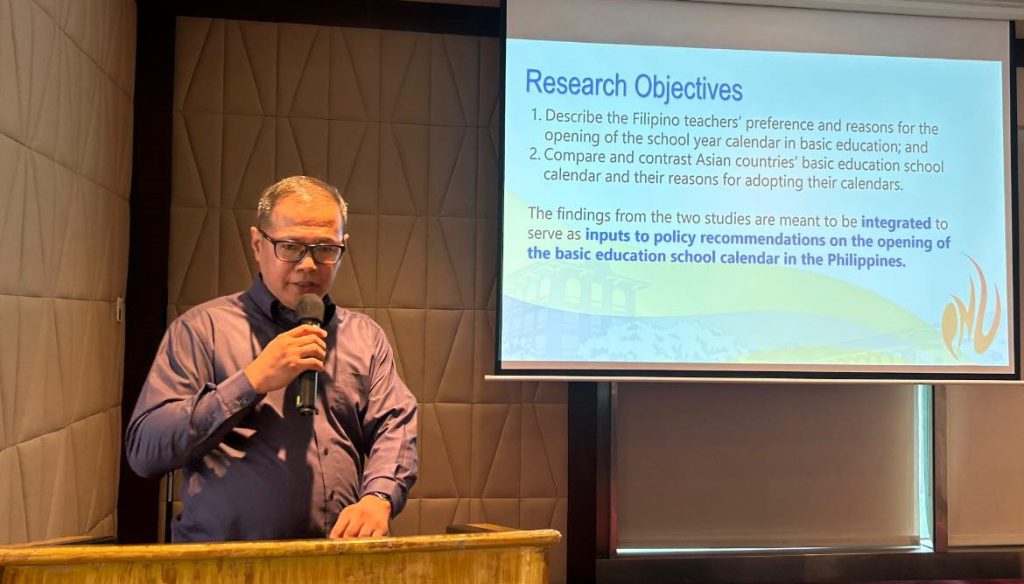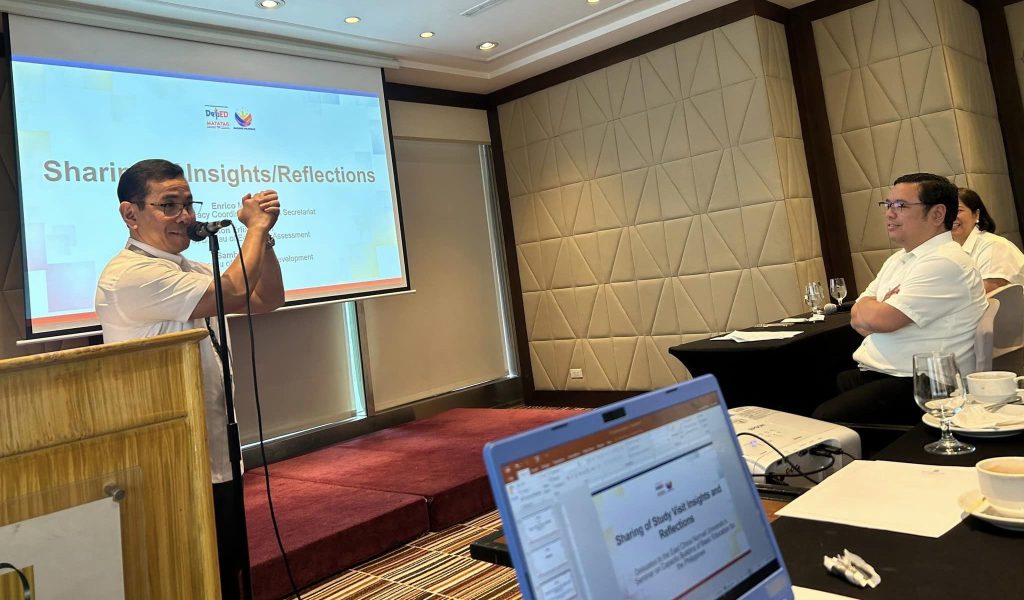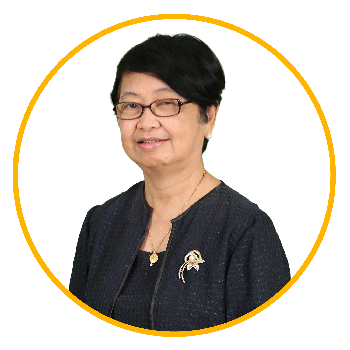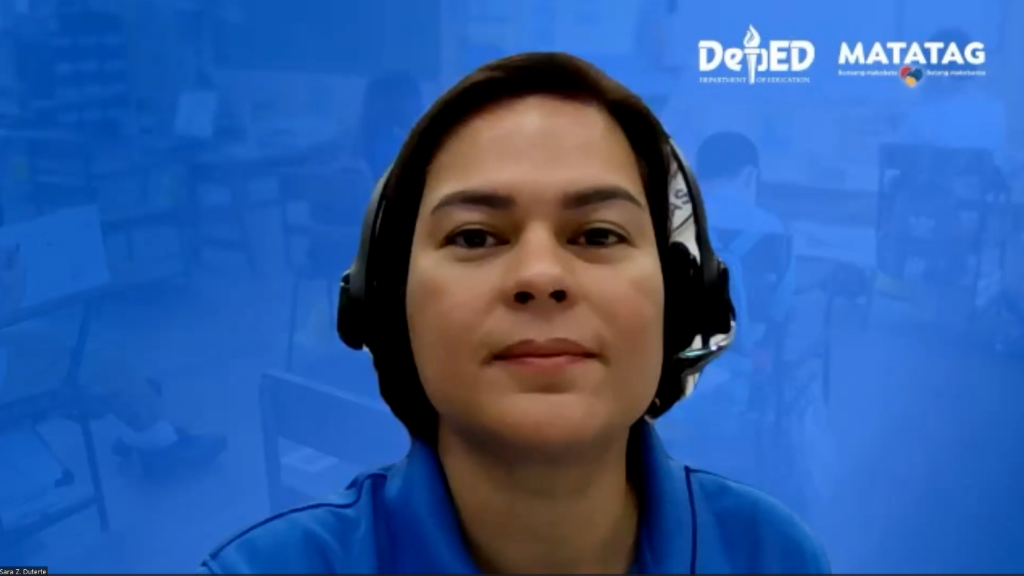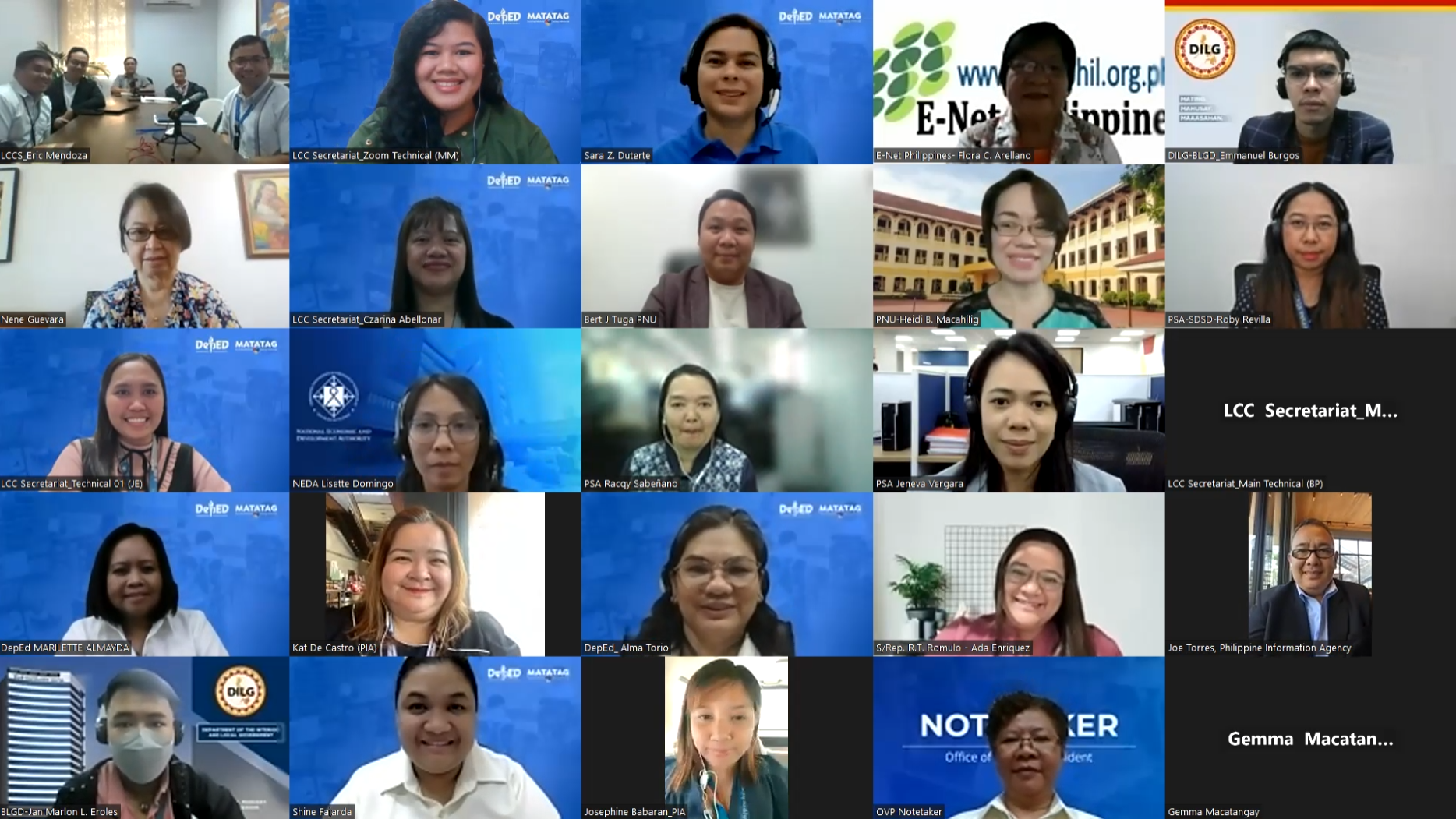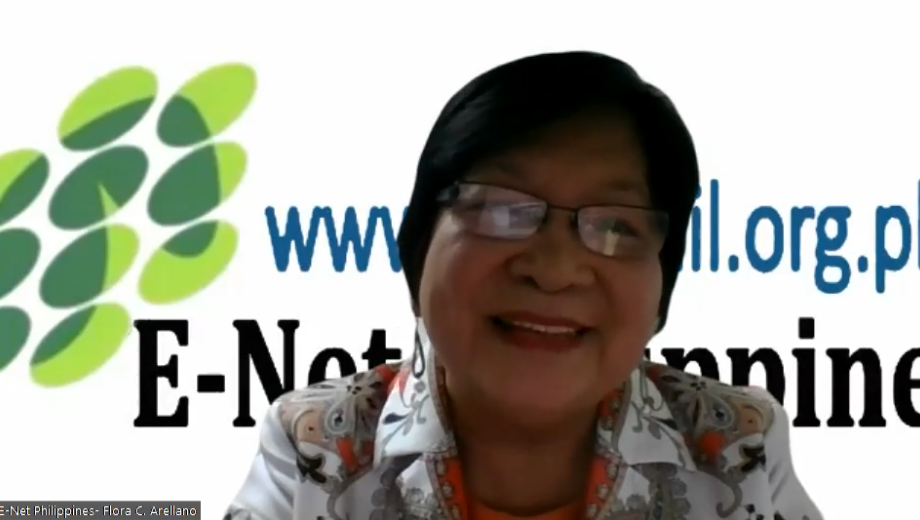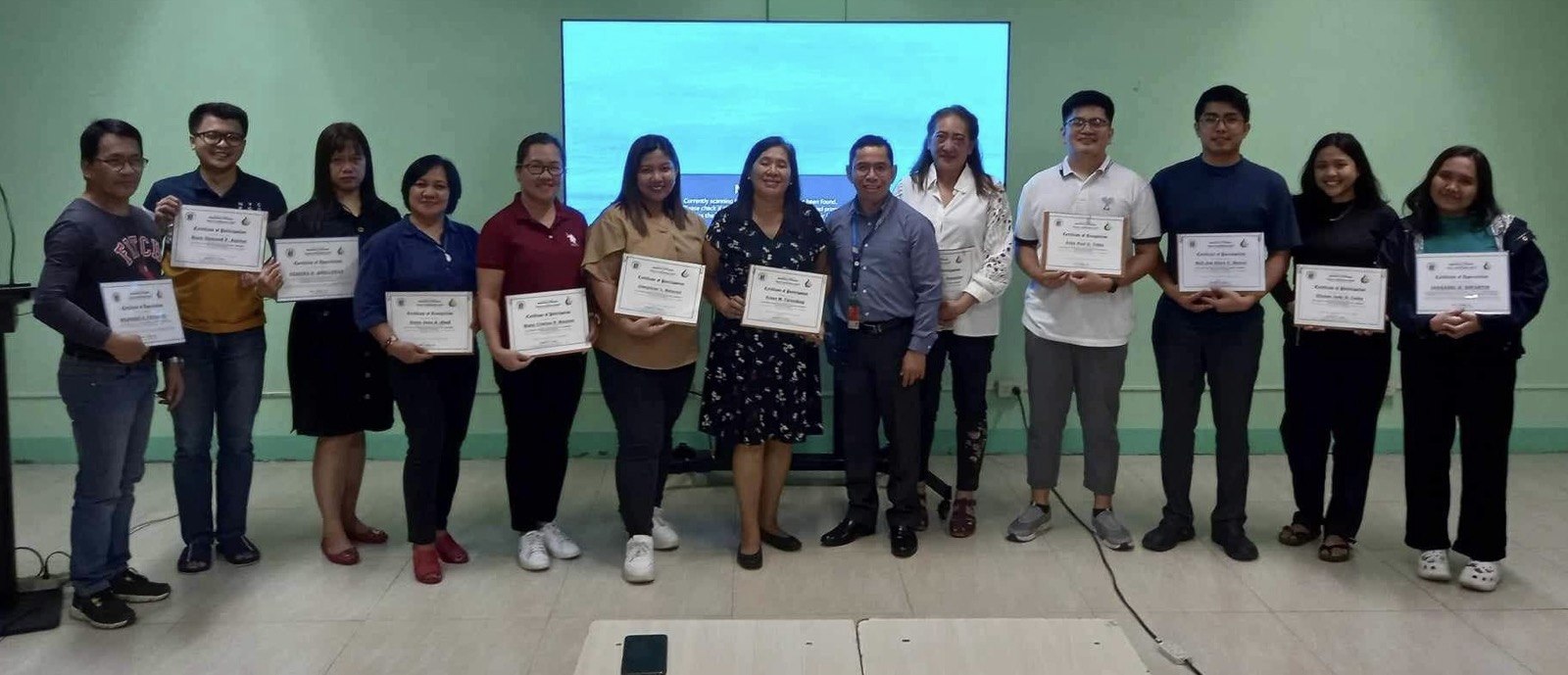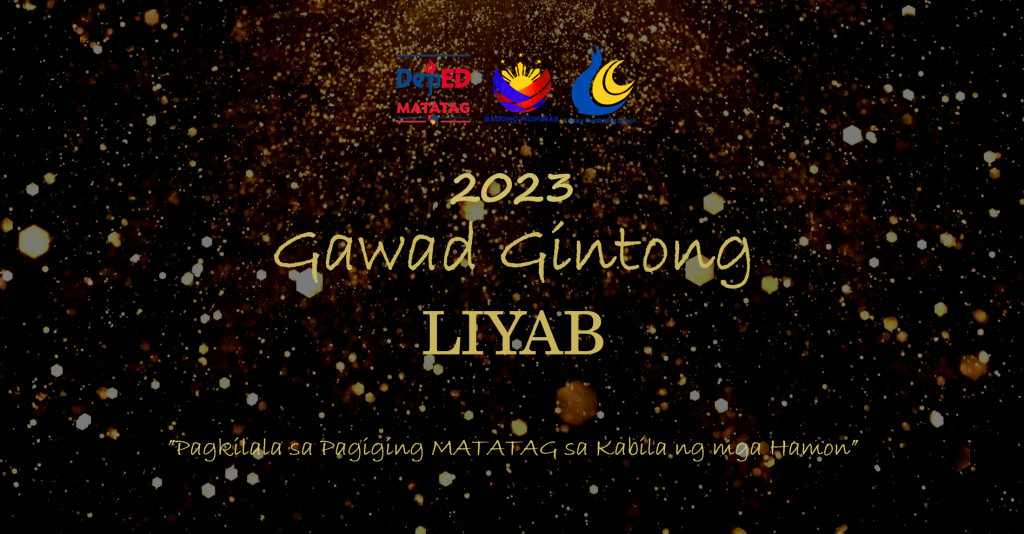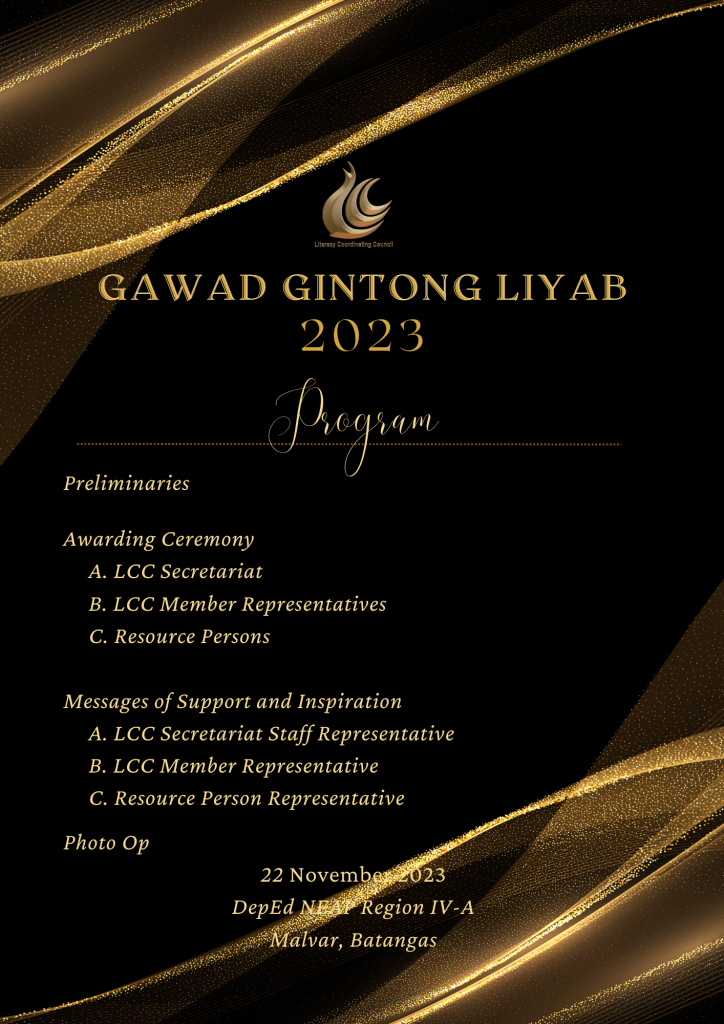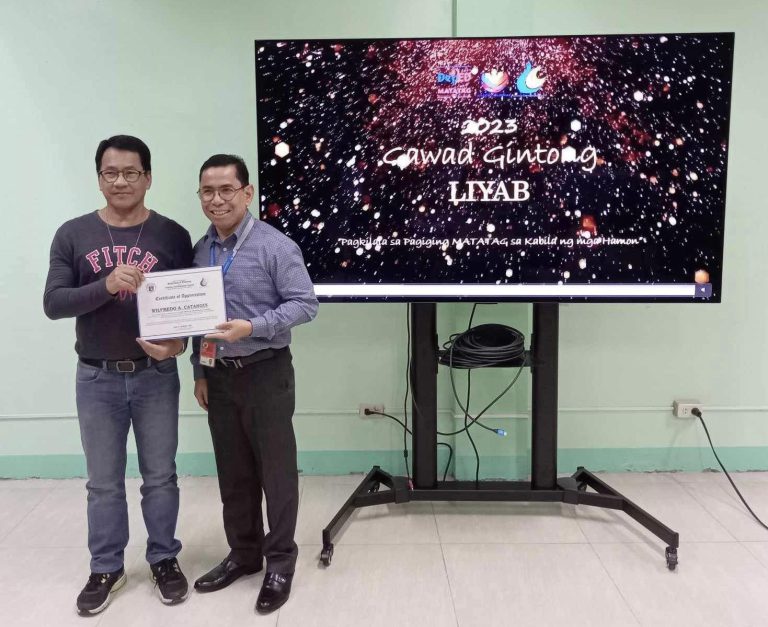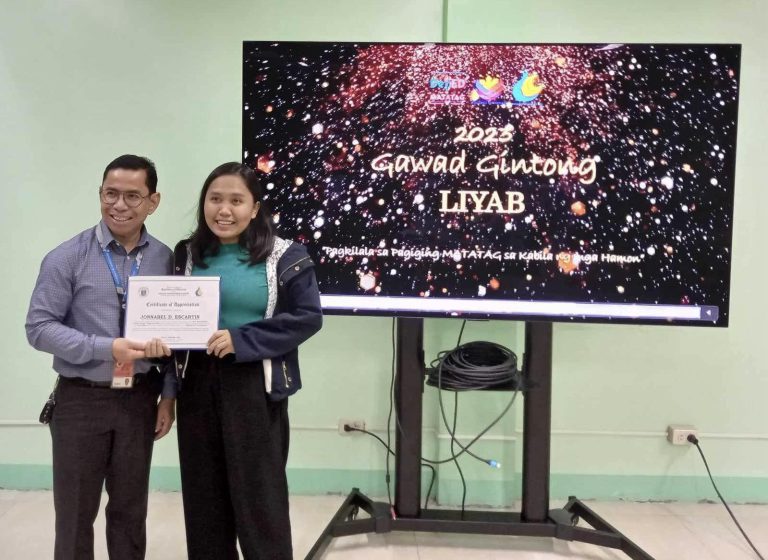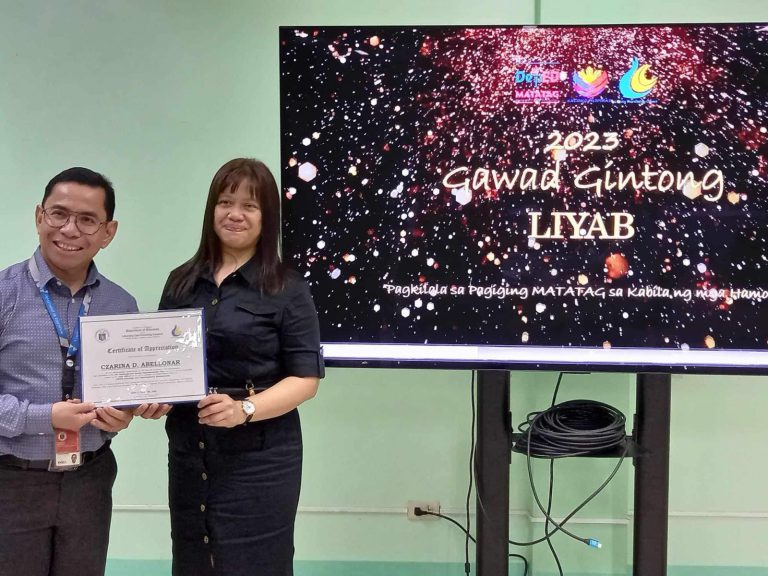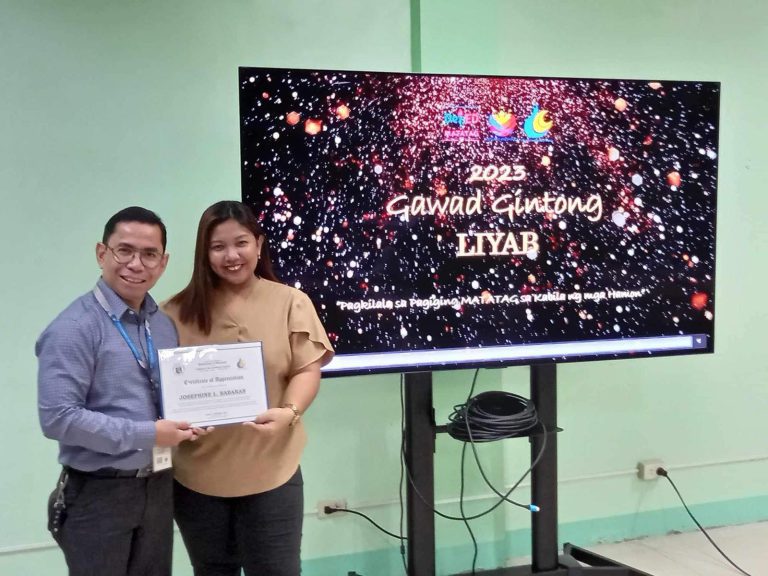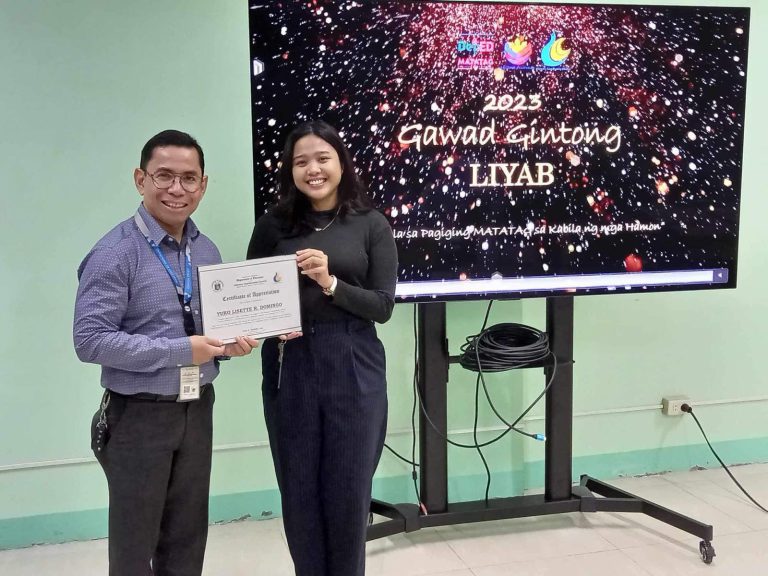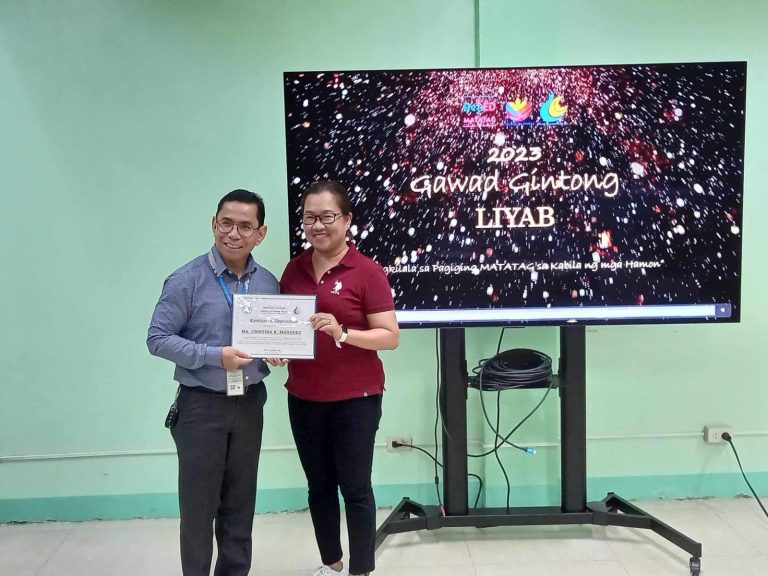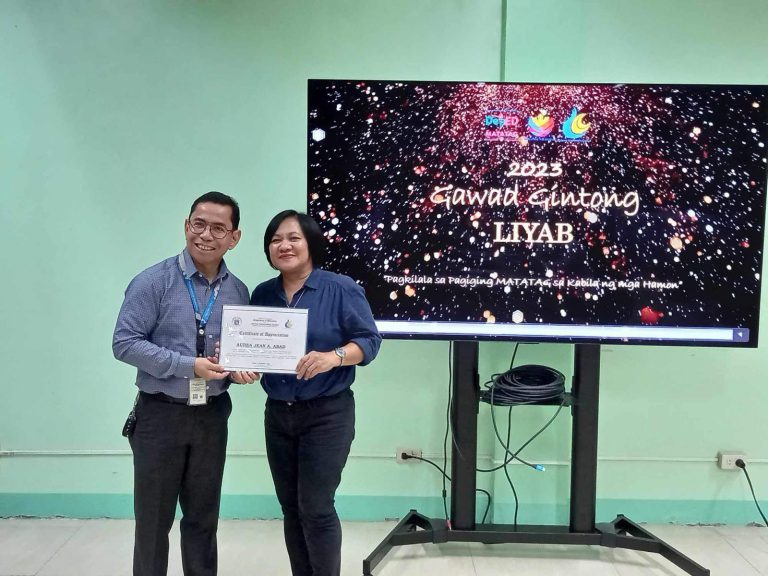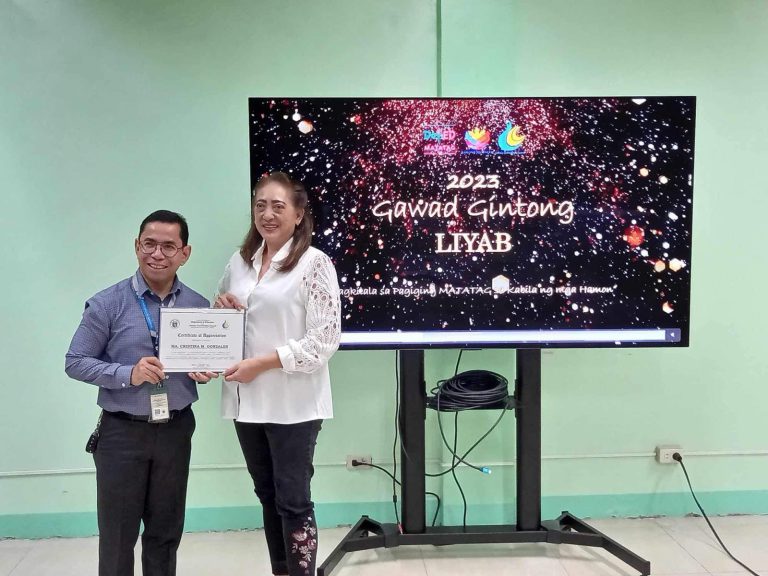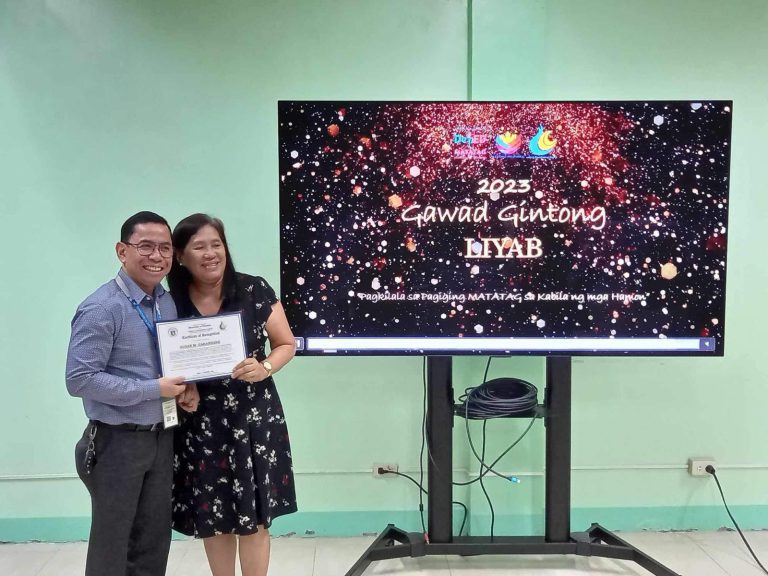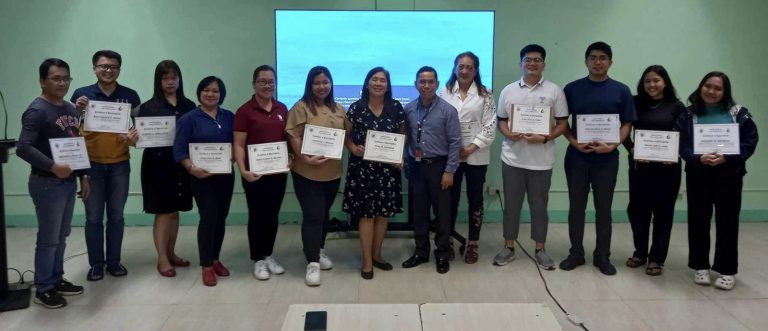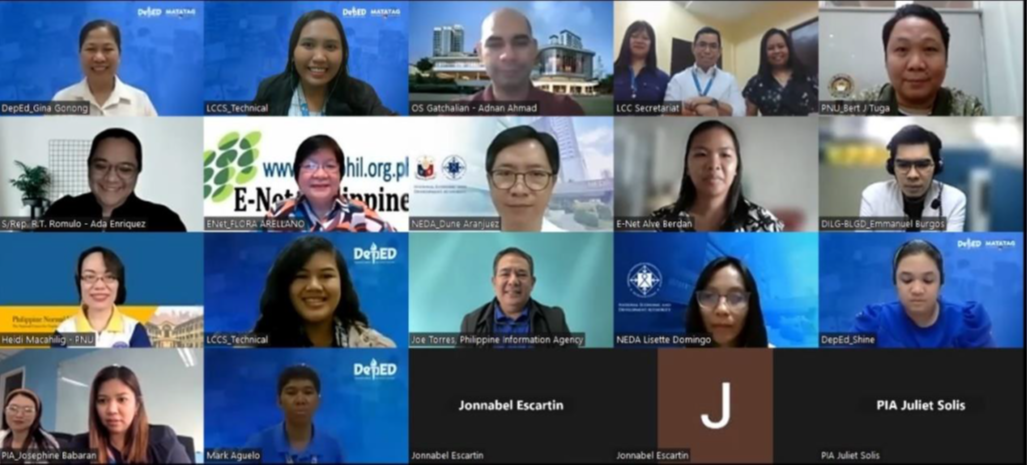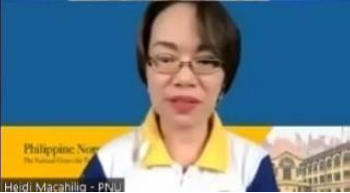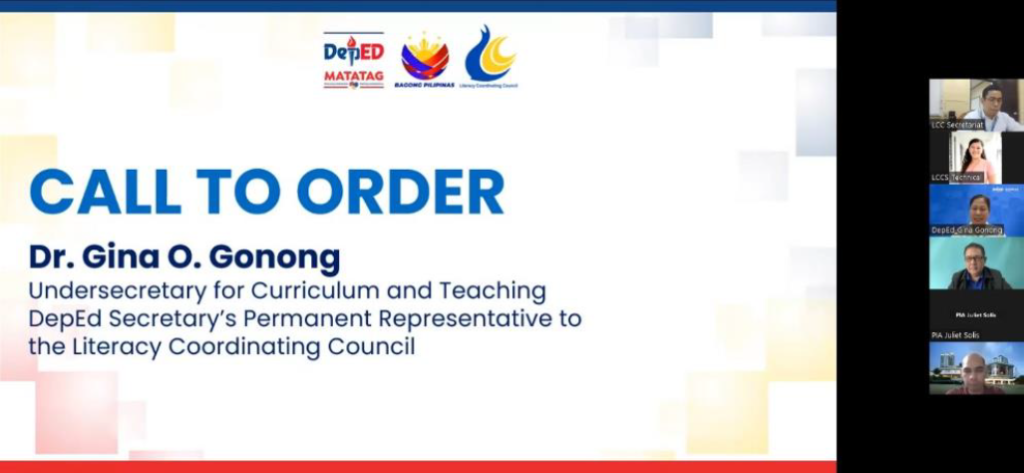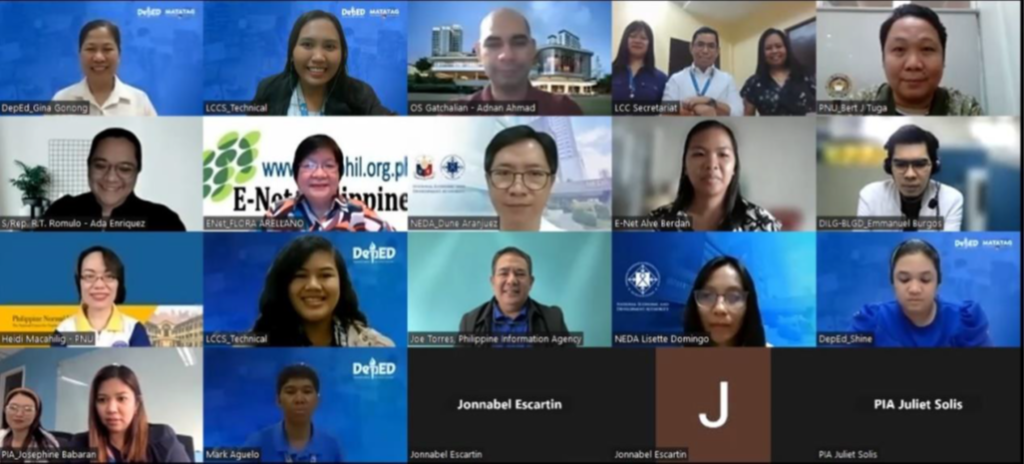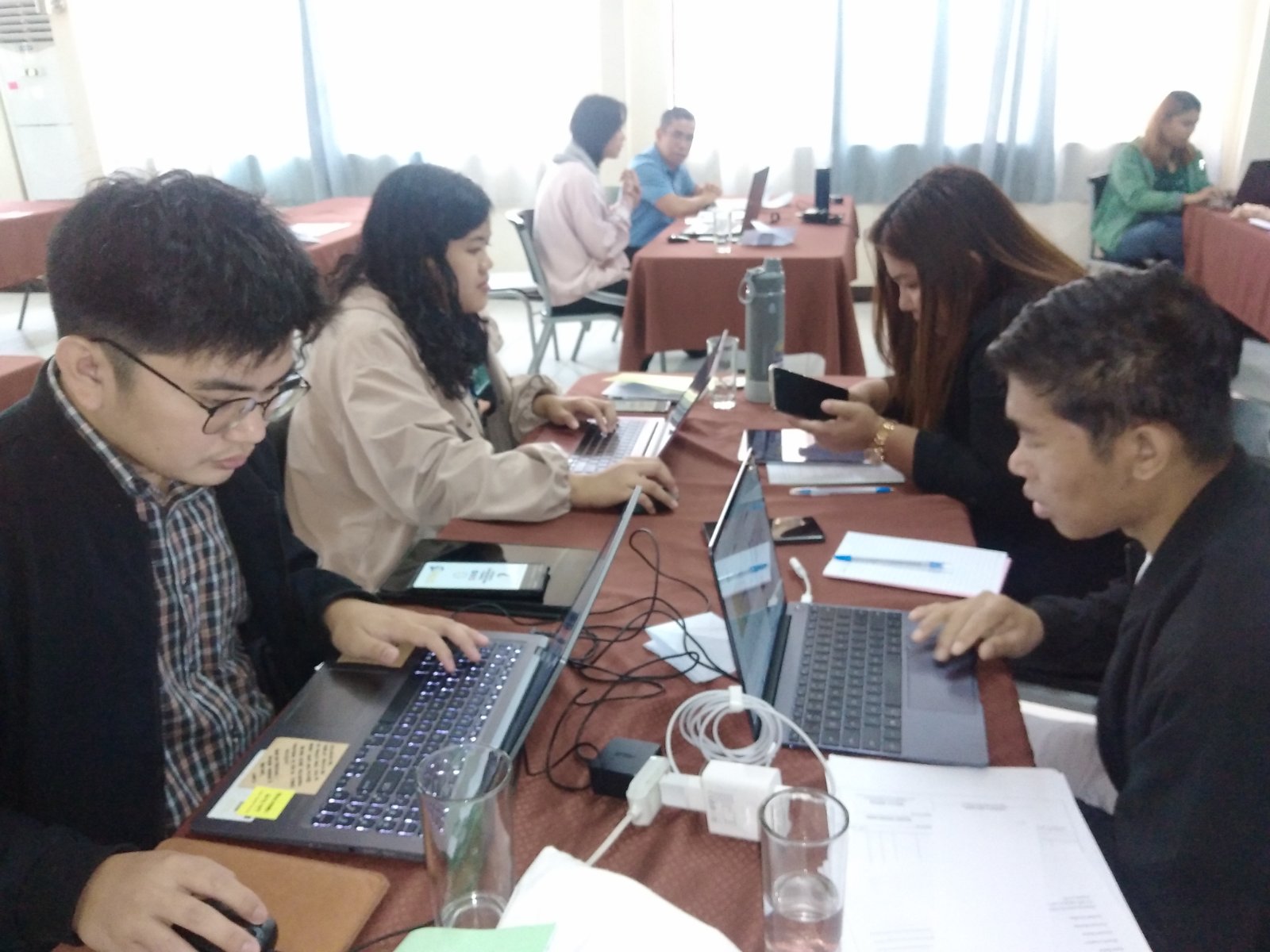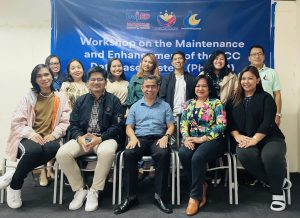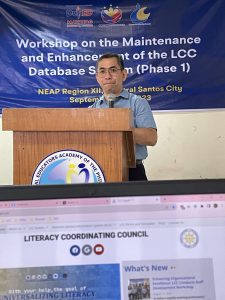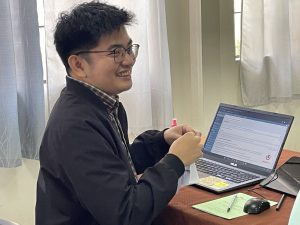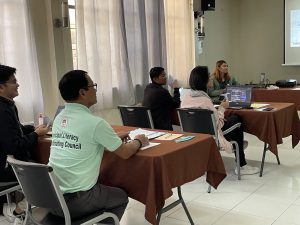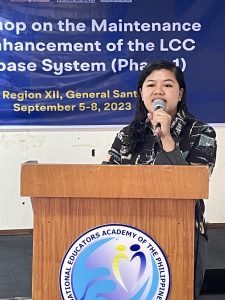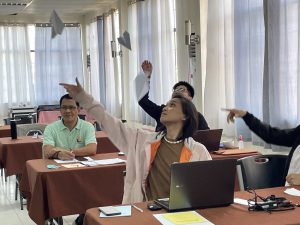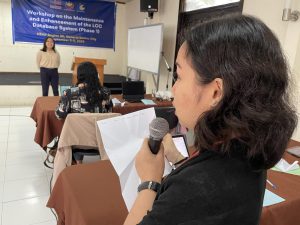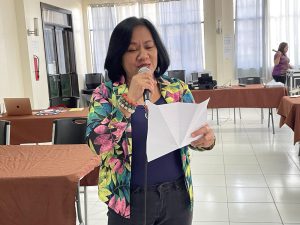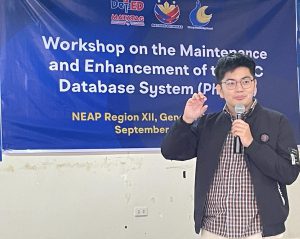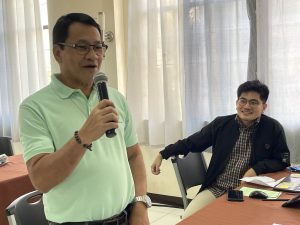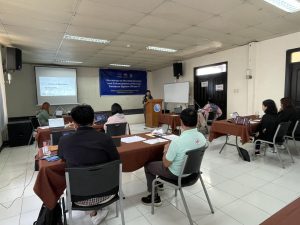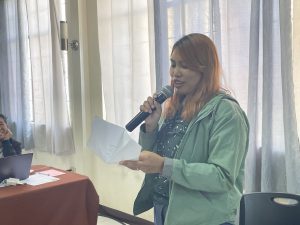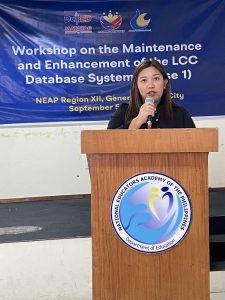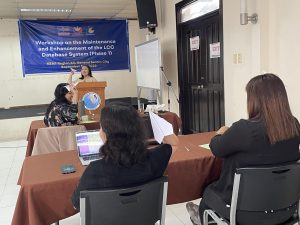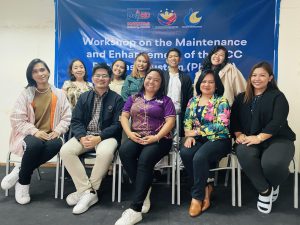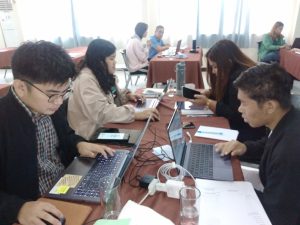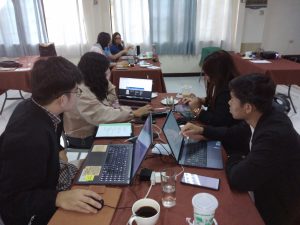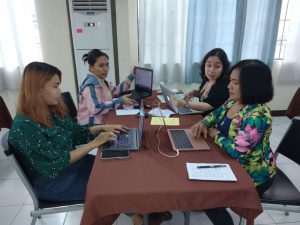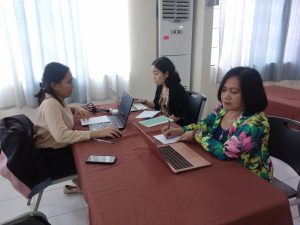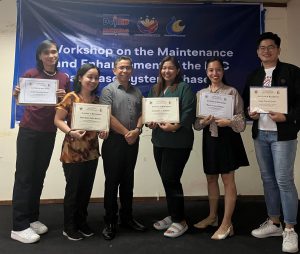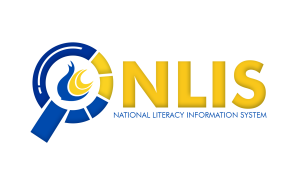ULAP Issues Resolution in Support of DepEd’s MATATAG Agenda and NLRP
Mandaluyong City – In support to the Department of Education’s (DepEd) MATATAG Agenda Bansang Makabata, Batang Makabansa, which seeks to enhance the basic education curriculum; improve the delivery of basic education facilities and services; promote learner well-being; and support teachers, the Union of Local Authorities of the Philippines (ULAP) issued Resolution No. 007, s. 2024 titled “A Resolution Supporting the MATATAG Agenda and National Learning Recovery Program of the Department of Education.” This, after DepEd presented the said program during the 104th National Executive Board Meeting of ULAP held at EDSA Shangri La Hotel on April 5, 2024.
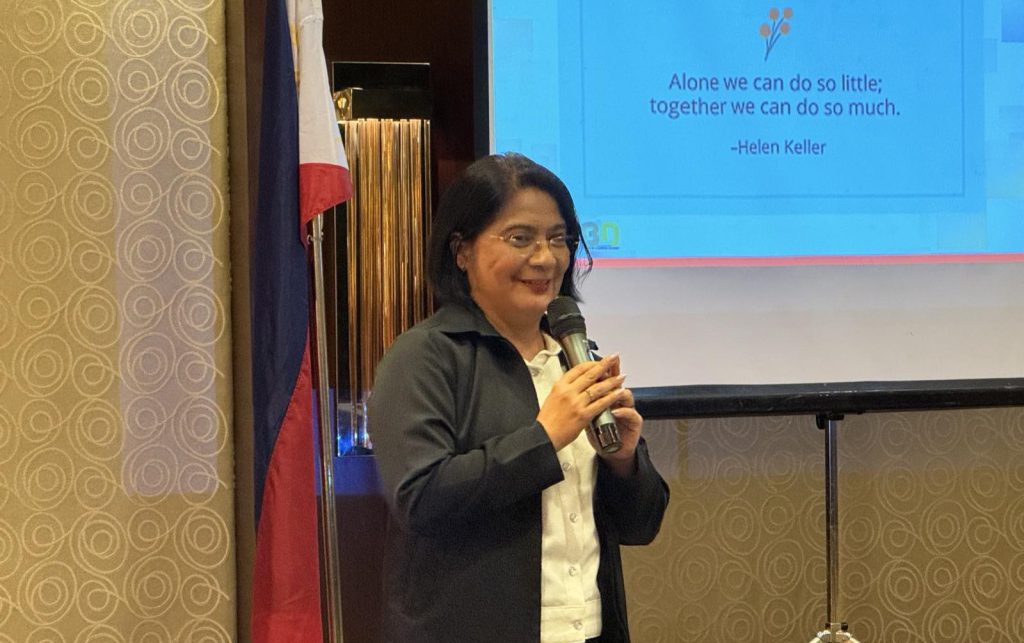
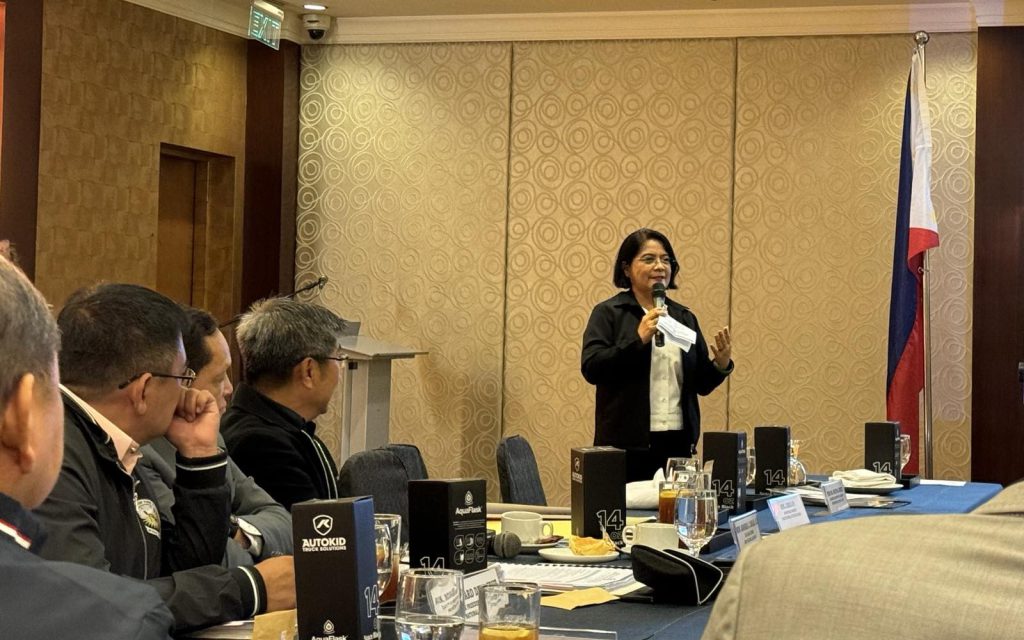
Director Leila Areola
Director IV of the Bureau of Learning Delivery, presented the National Learning Recovery Program of the Department of Education
The said resolution enjoins all local government units (LGUs) to actively participate in the implementation of the National Learning Recovery Program (NLRP), a program under the MATATAG Agenda, which aims to strengthen the learning recovery and continuity program of DepEd, improve the literacy and numeracy skills of learners, as well as accelerate the achievement of the education targets. LGUs are essential partners of the Department in localizing programs and projects, as well as initiatives supporting learners and teachers, and improving the quality of education at the local levels.
Through this resolution, DepEd hopes to work with LGUs on the implementation of the NLRP, with the following possible areas for collaboration:
- Provision of transportation services, snacks, and lunch to learners and teachers;
- Creation of livelihood opportunities for parents whose children are enrolled in the National Learning Camp (NLC), or other NLRP-related activities;
- Provision of school supplies and learning resources to learners and teachers;
- Establishment of functional barangay libraries and reading centers;
- Sponsorship of learner interest activities;
- Implementation of community/home tutorial interventions;
- Development of community-based literacy and after-school education programs;
- Assistance to schools in setting up Learner Support Centers, which includes provision of incentives for volunteers;
- Creation of parental support education programs;
- Launching of advocacy campaigns to encourage parents to send their children to NLC and other NLRP-related activities; and
- Establishment of rewards and recognition programs for parents and guardians, among others.
To ensure the realization of the objectives outlined in the NLRP, which includes the National Learning Camp and Catch-up Fridays, as well as the overarching MATATAG Agenda, DepEd, in collaboration with ULAP, advocates the adoption of this resolution by all LGUs in the Philippines. The Literacy Coordinating Council fully supports all efforts and initiatives aimed at promoting literacy development and quality education for all. Let us all work hand in hand to cultivate a brighter future for all Filipinos!
To download a copy of the resolution, kindly visit this link: tinyurl.com/ULAPResolution-072024.
Contributed by:
Jonnabel D. Escartin
Project Development Officer I


